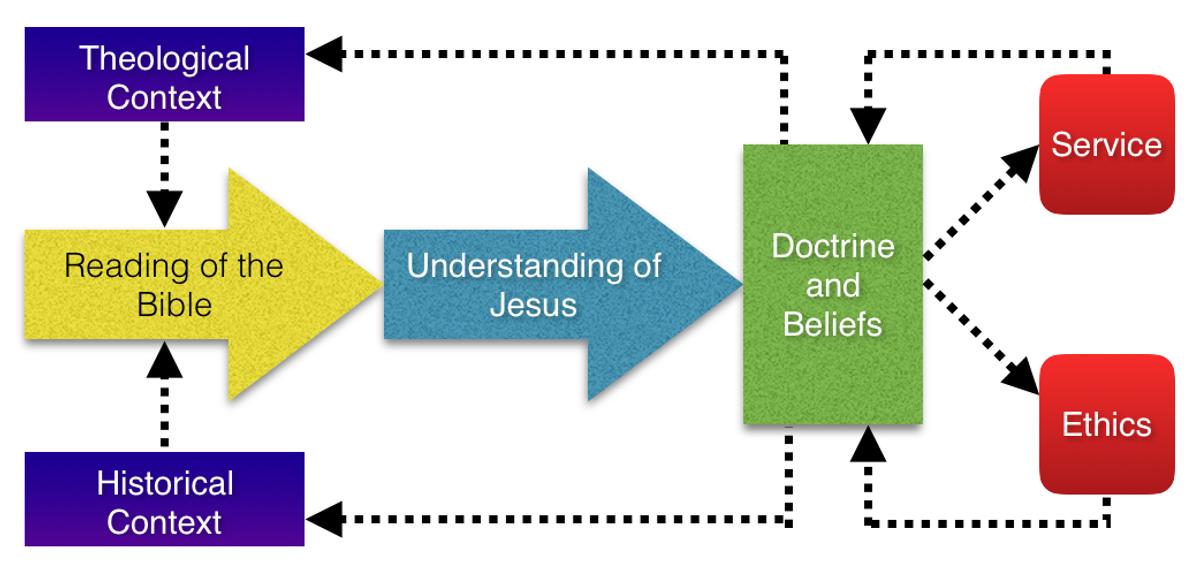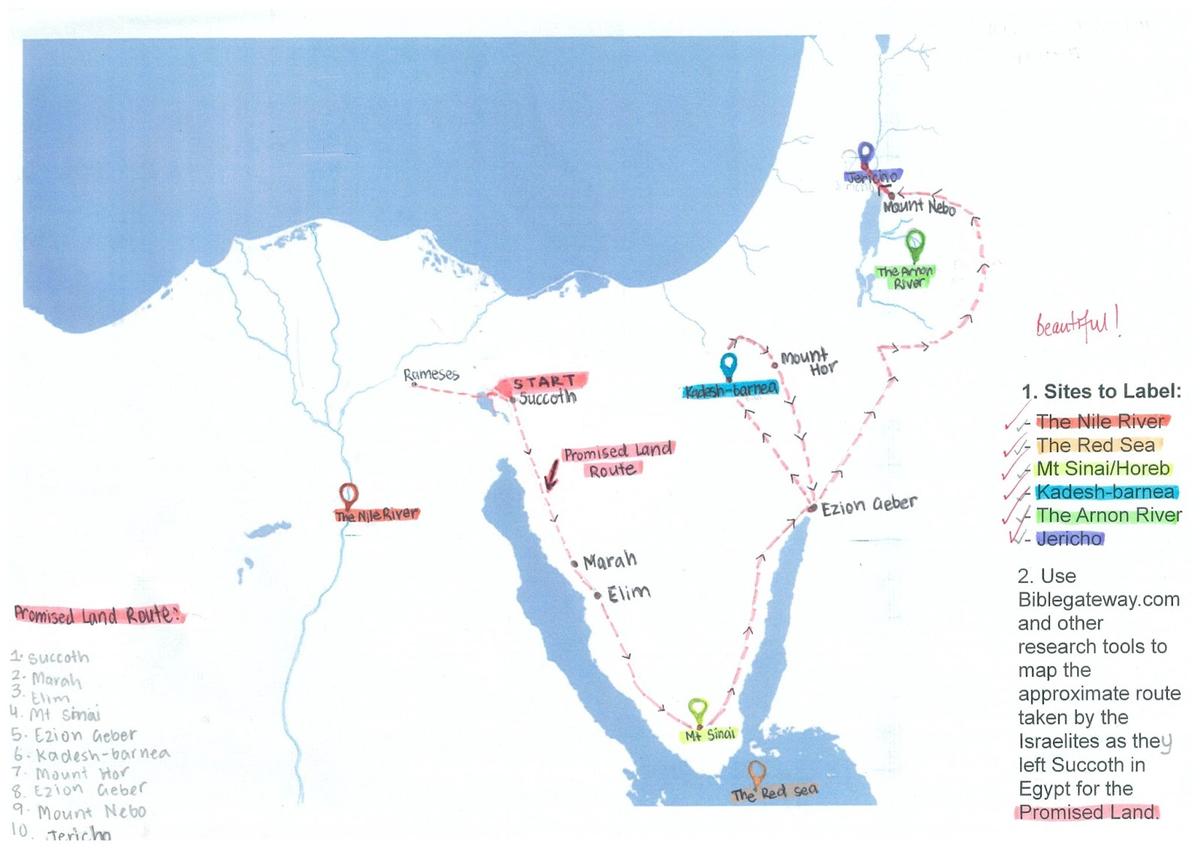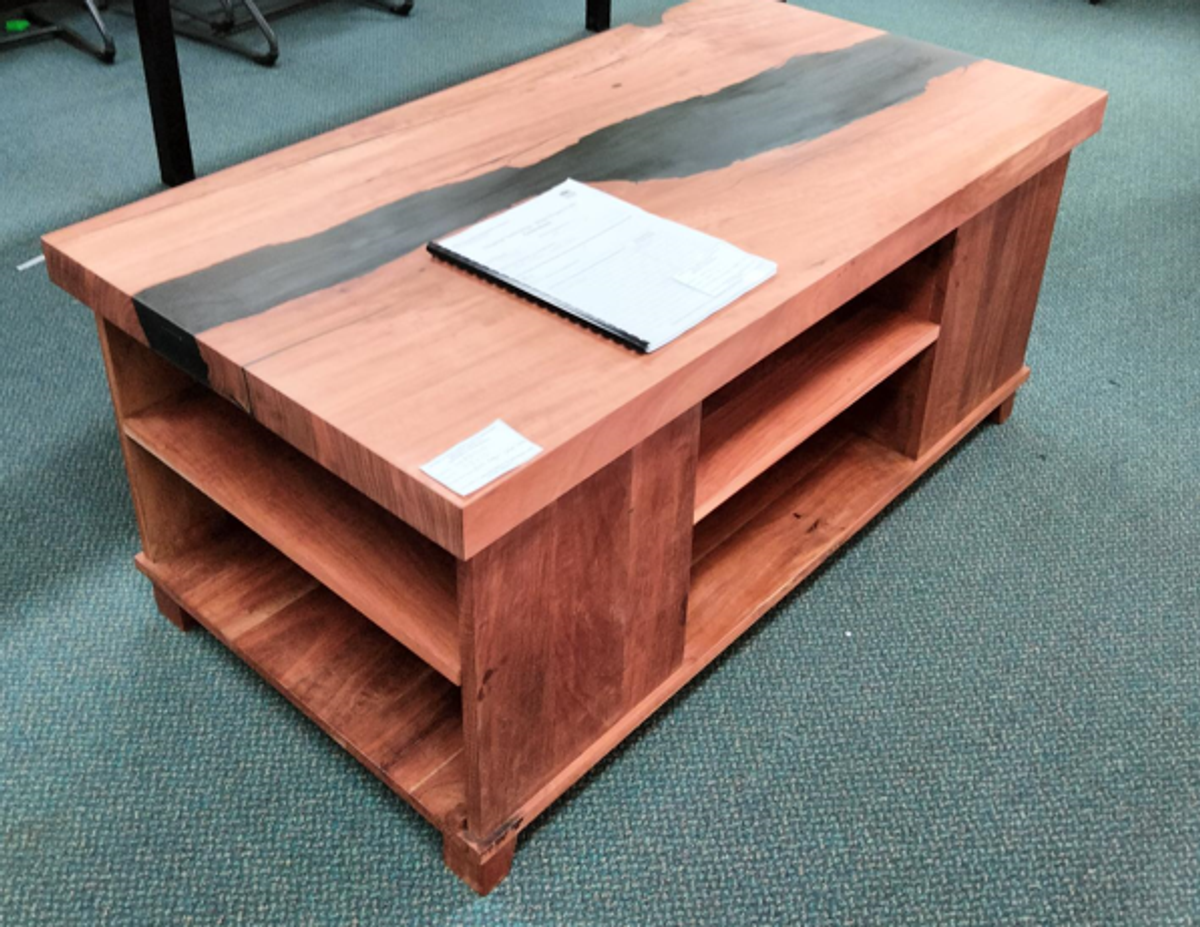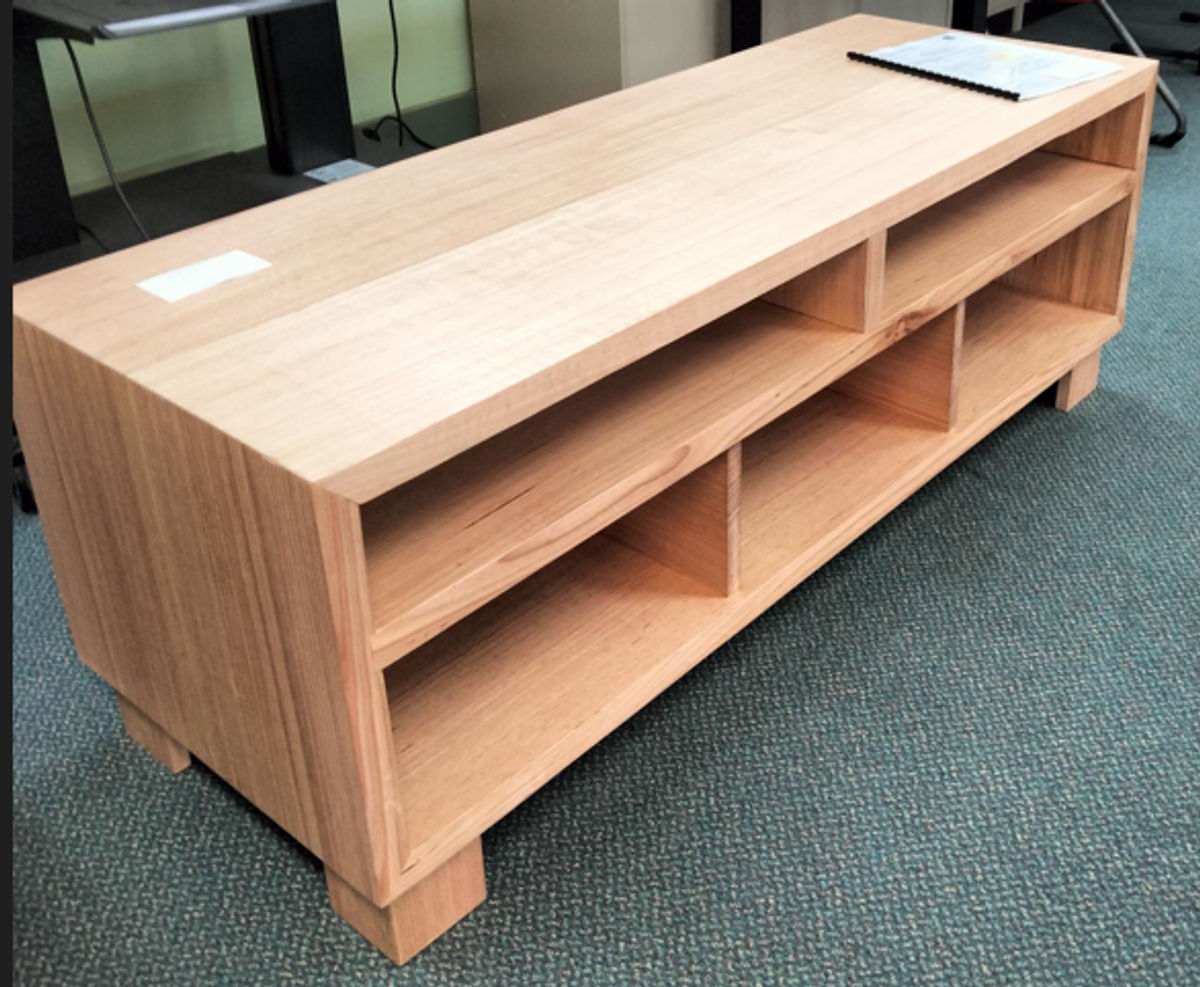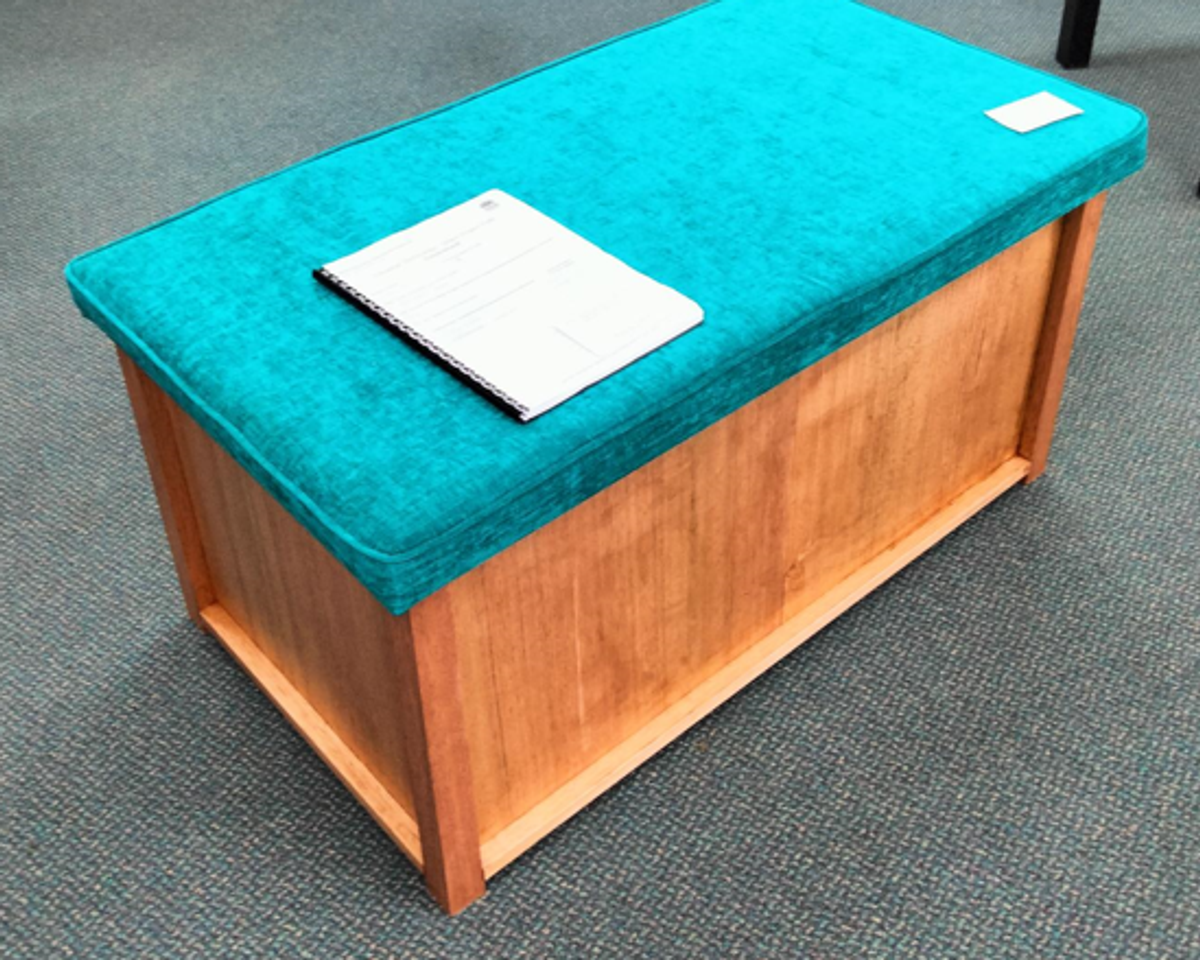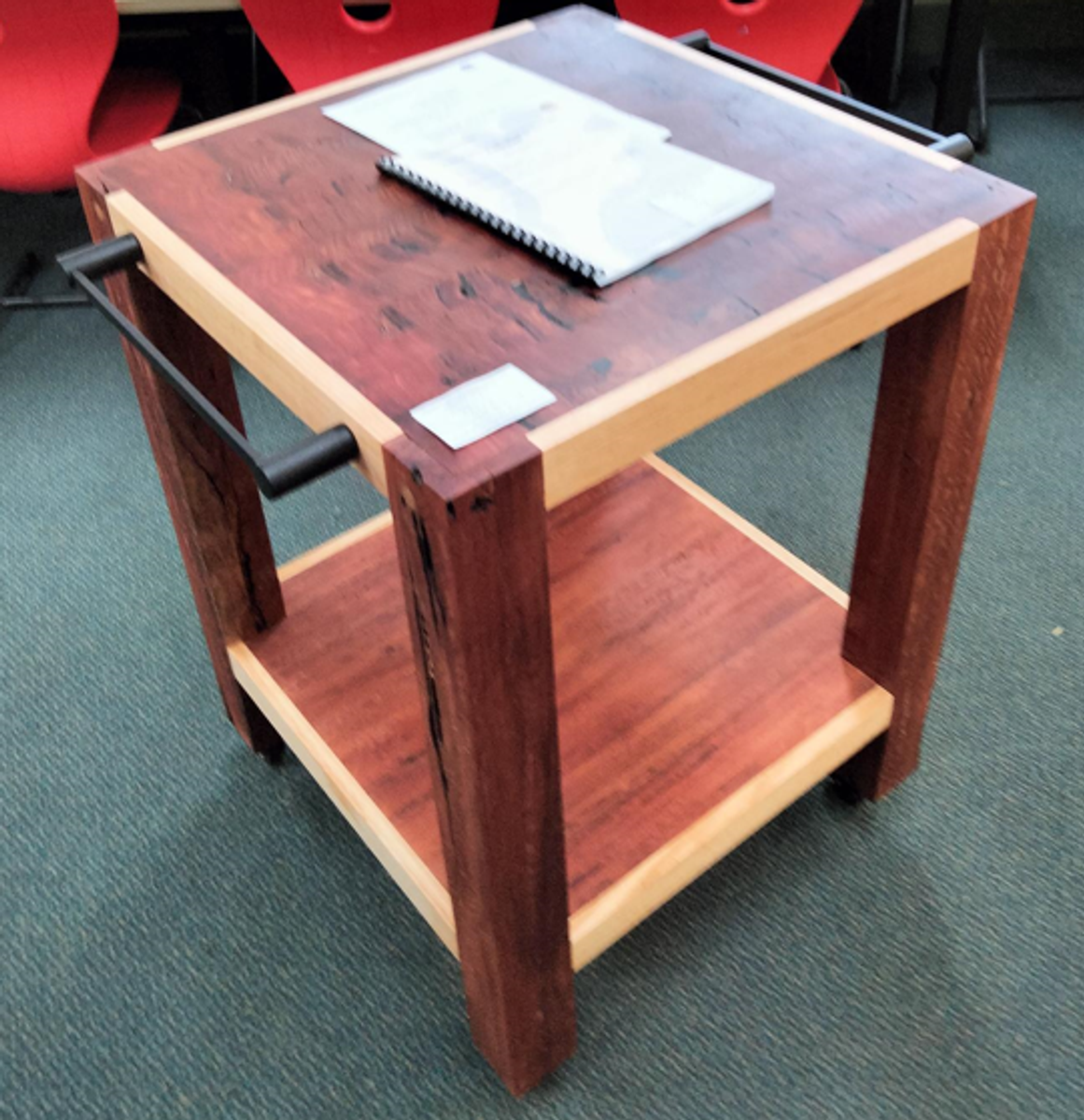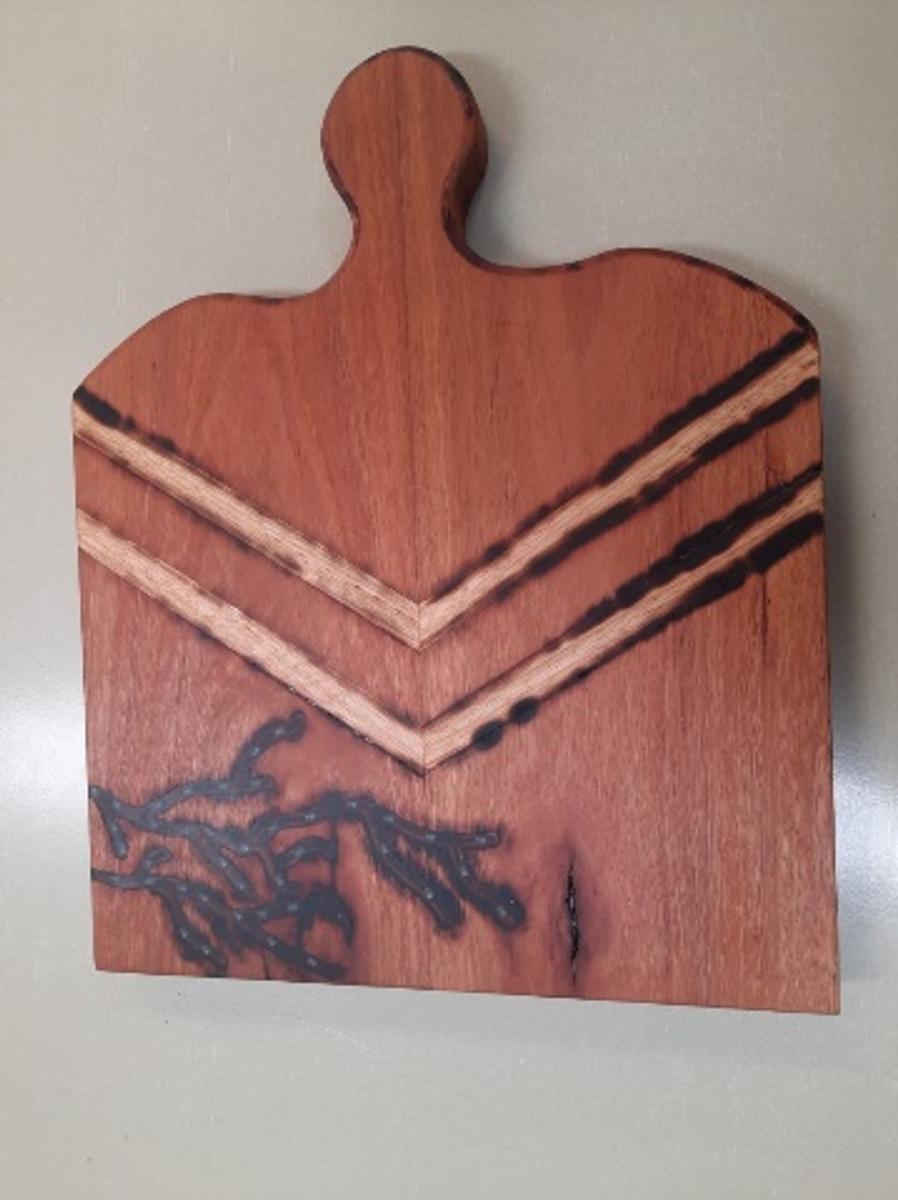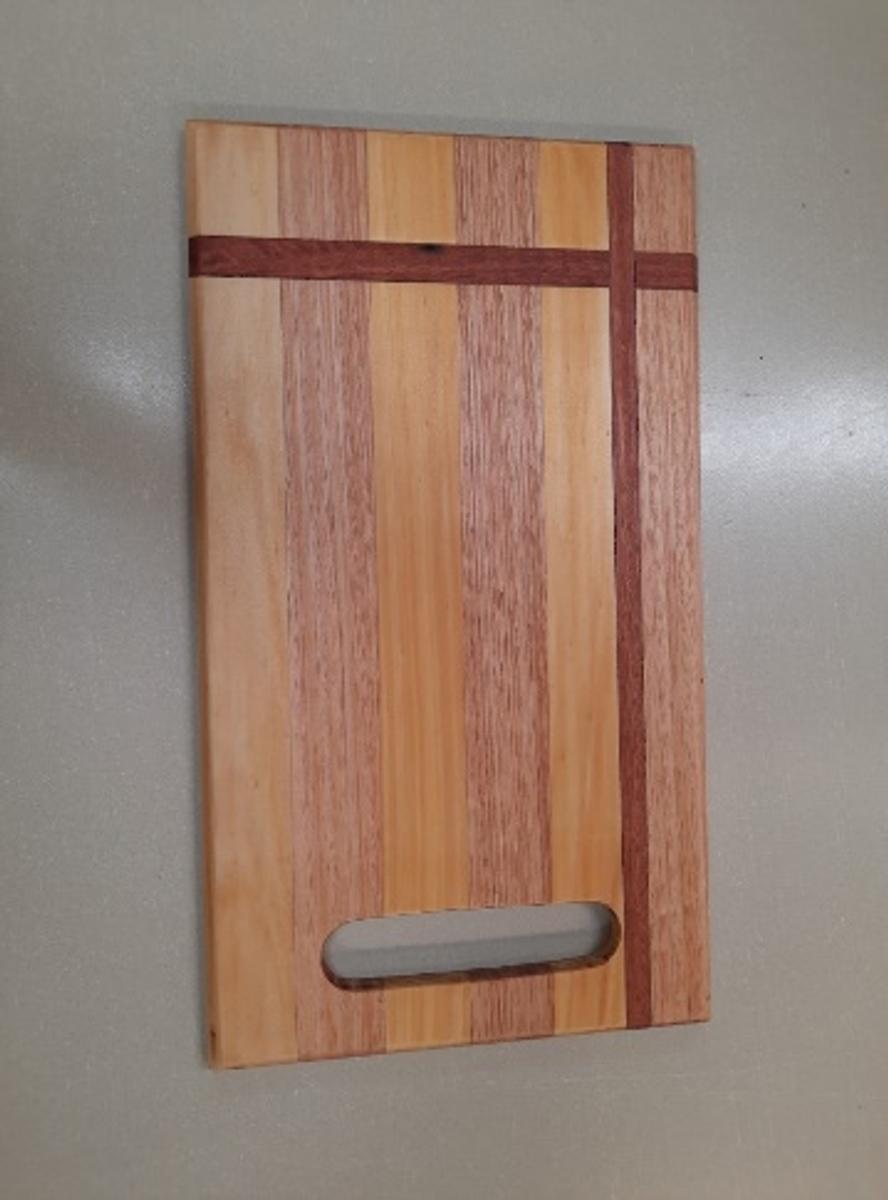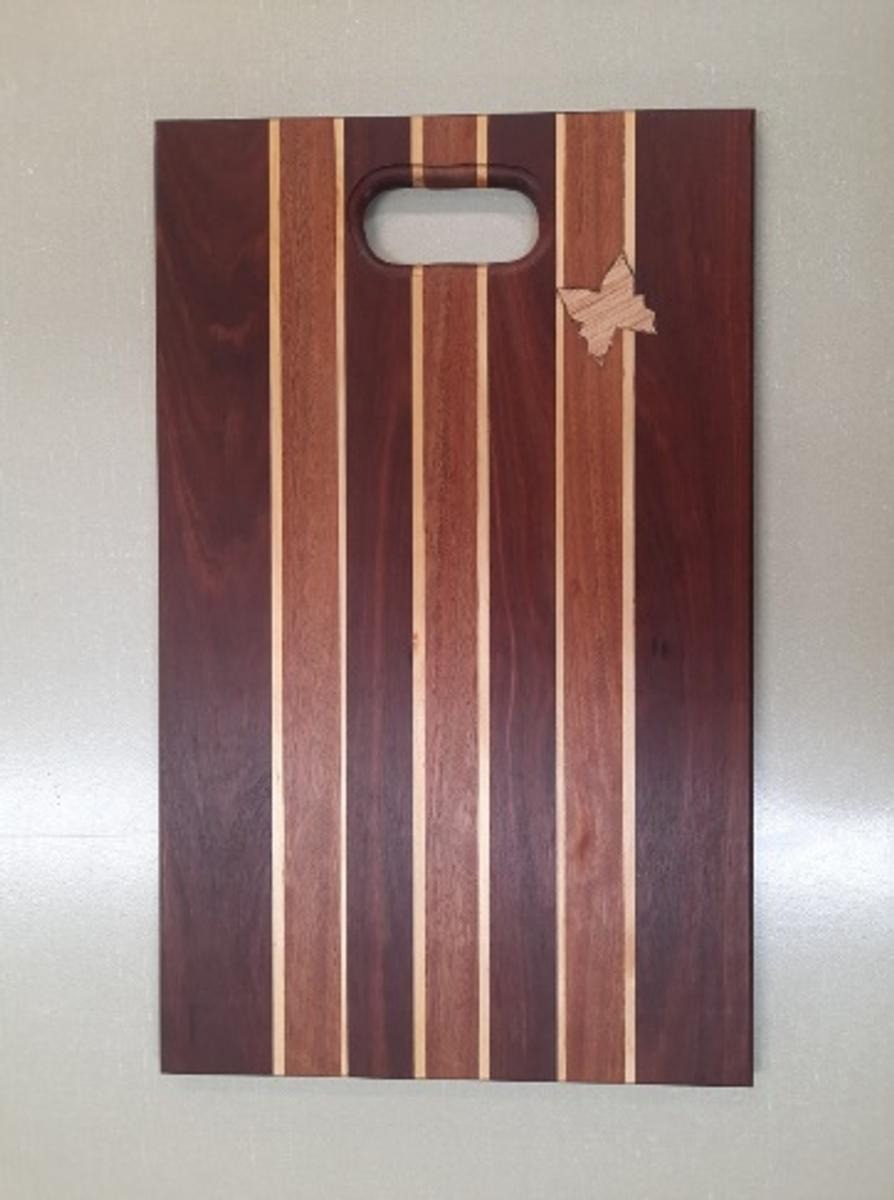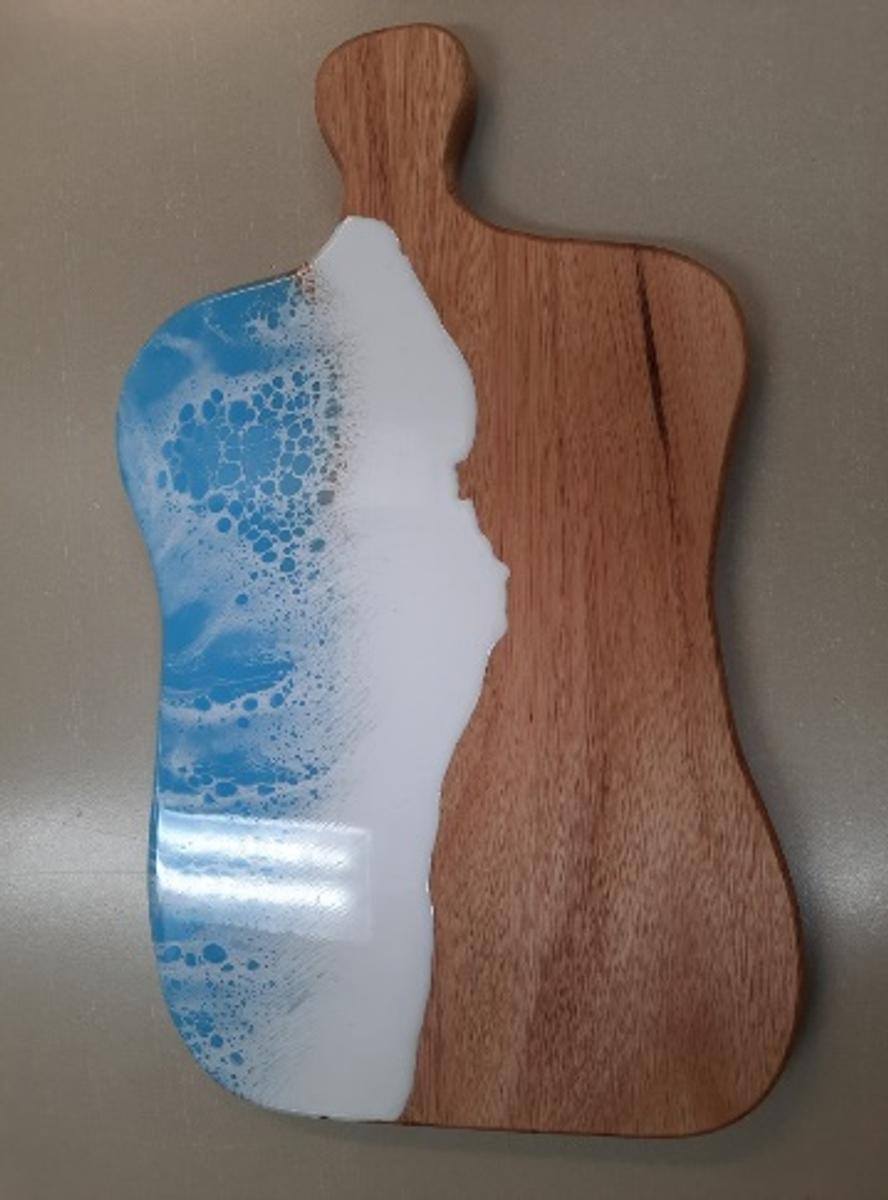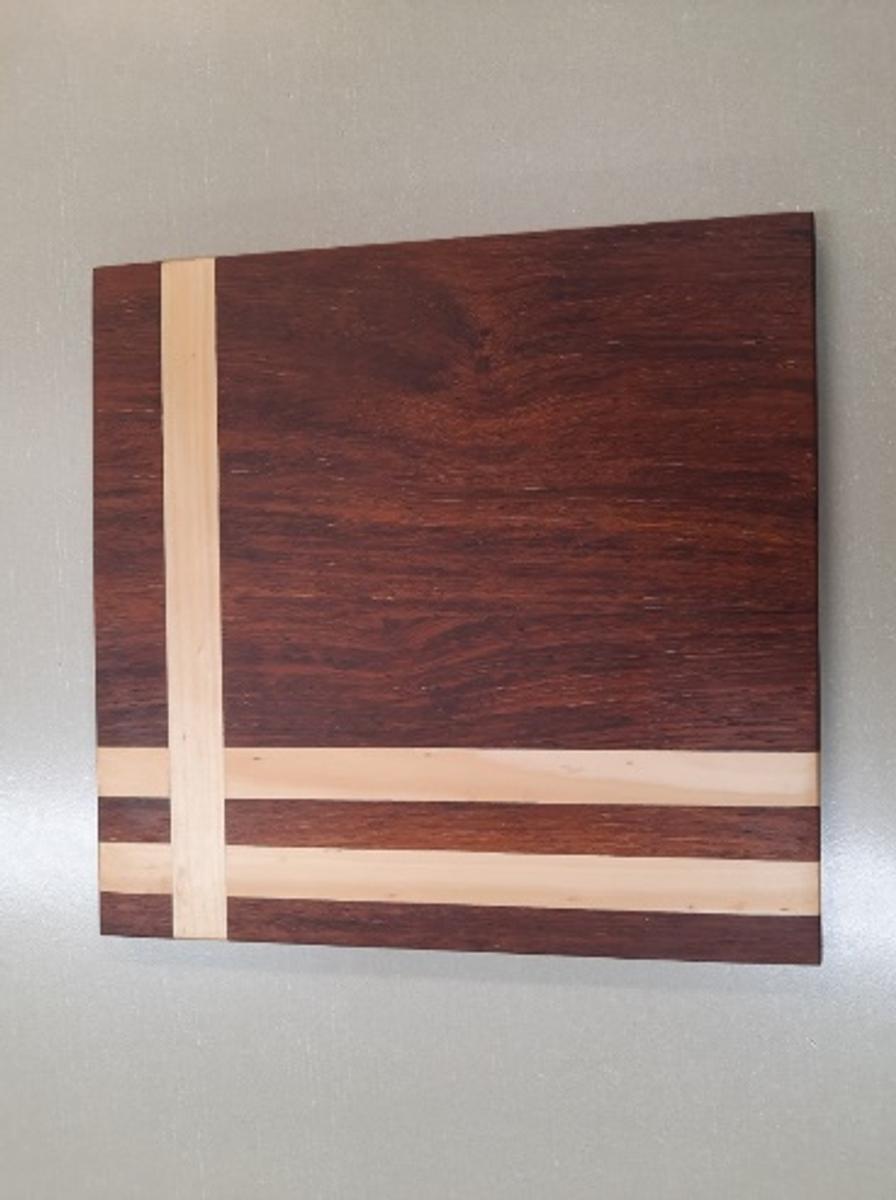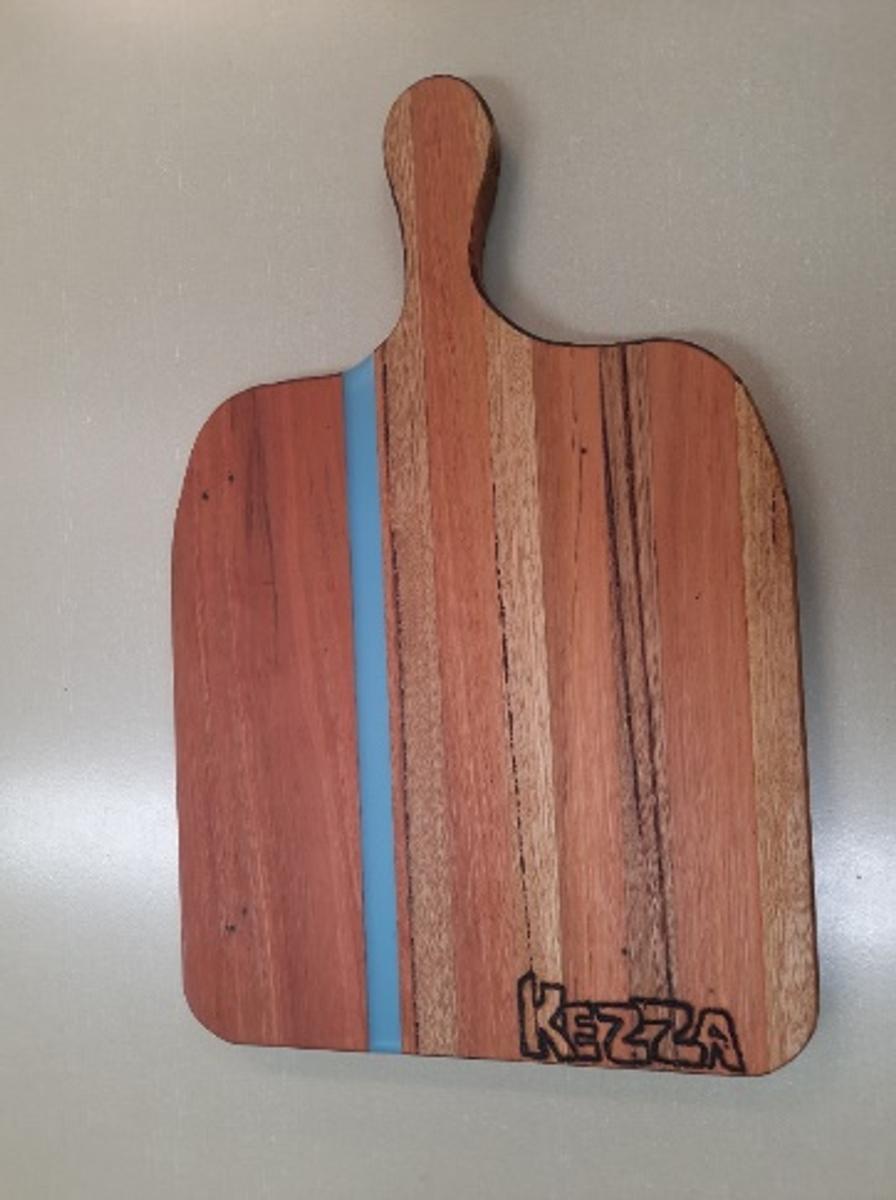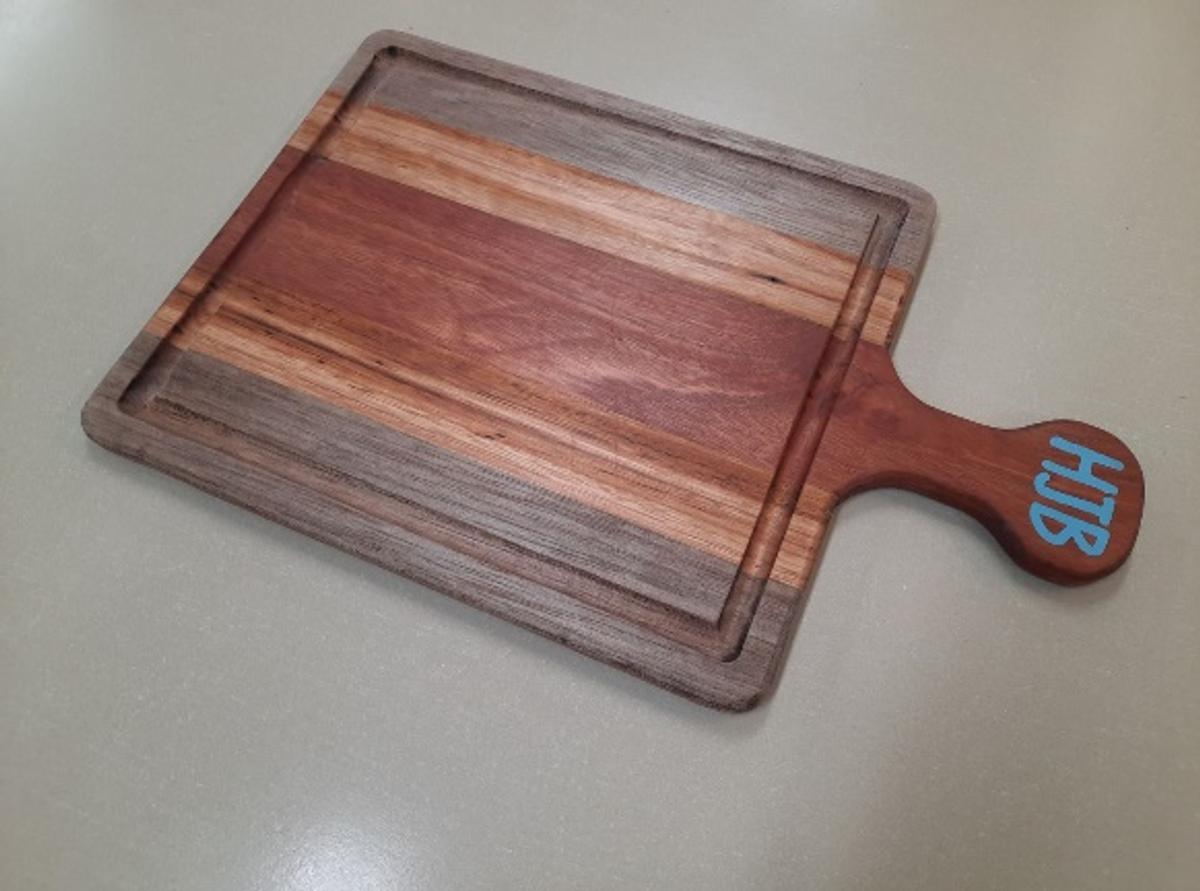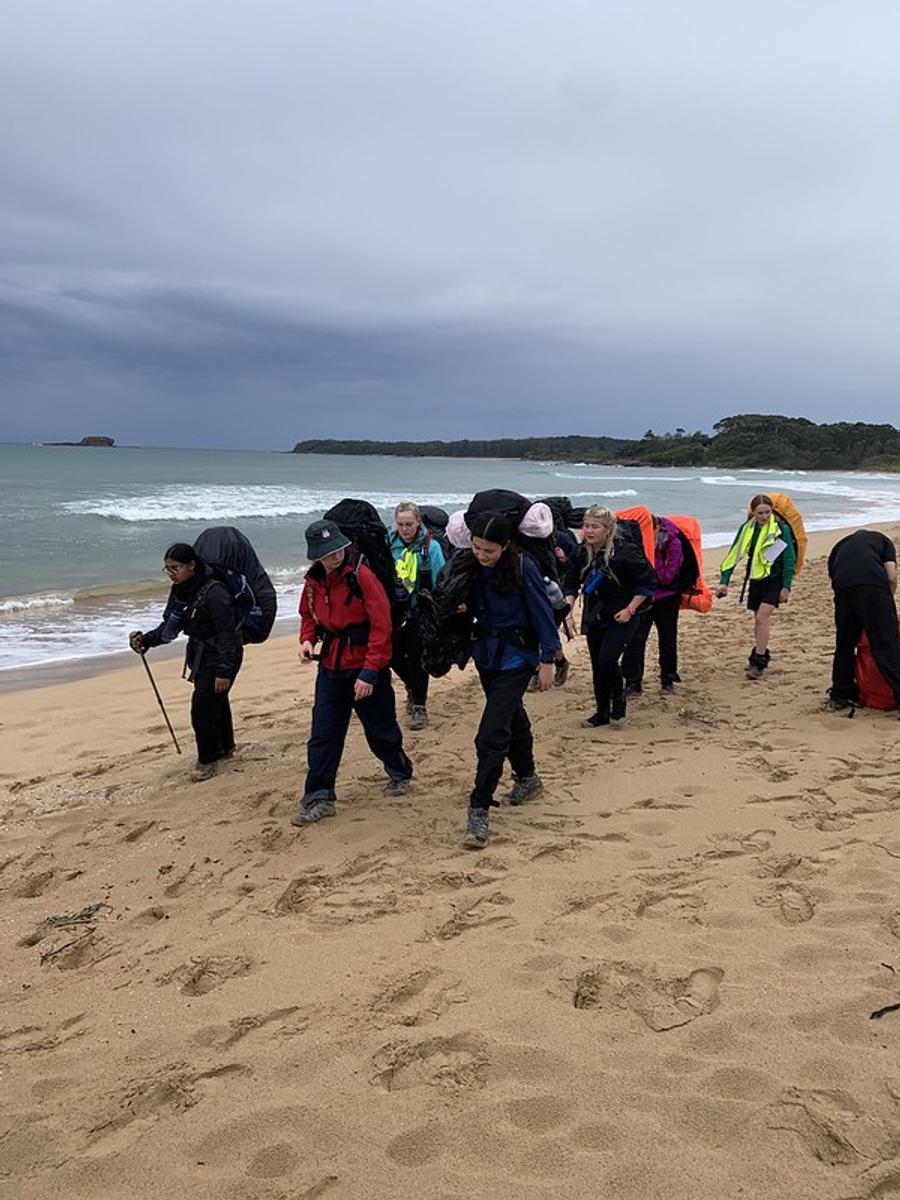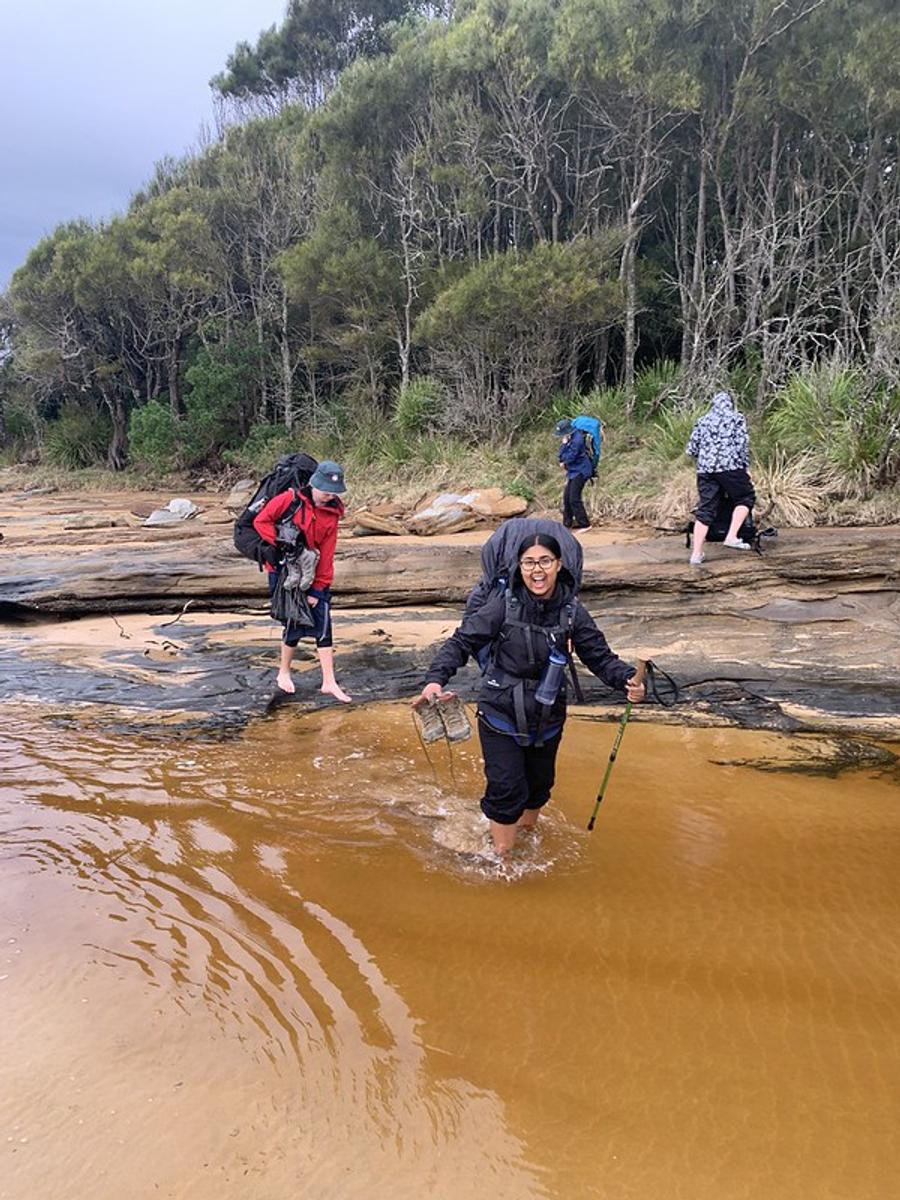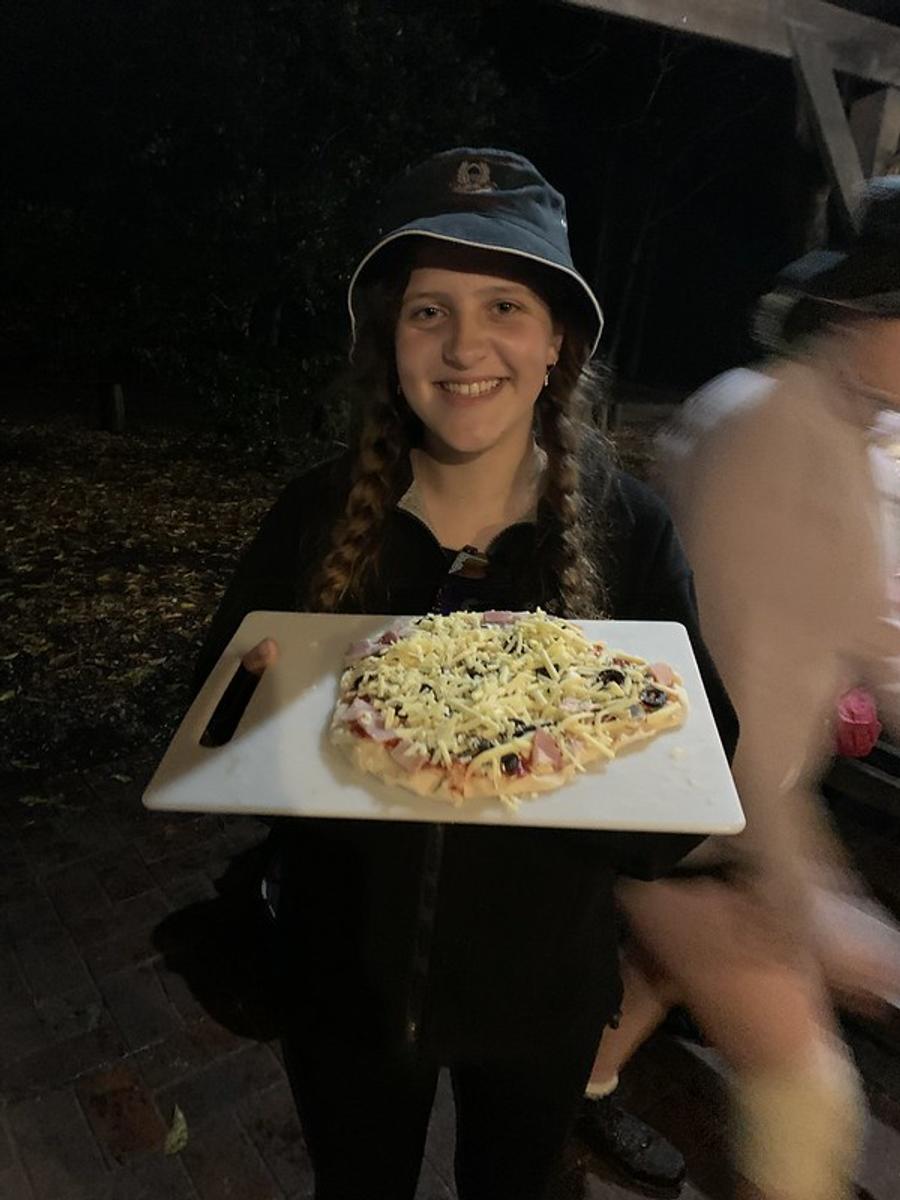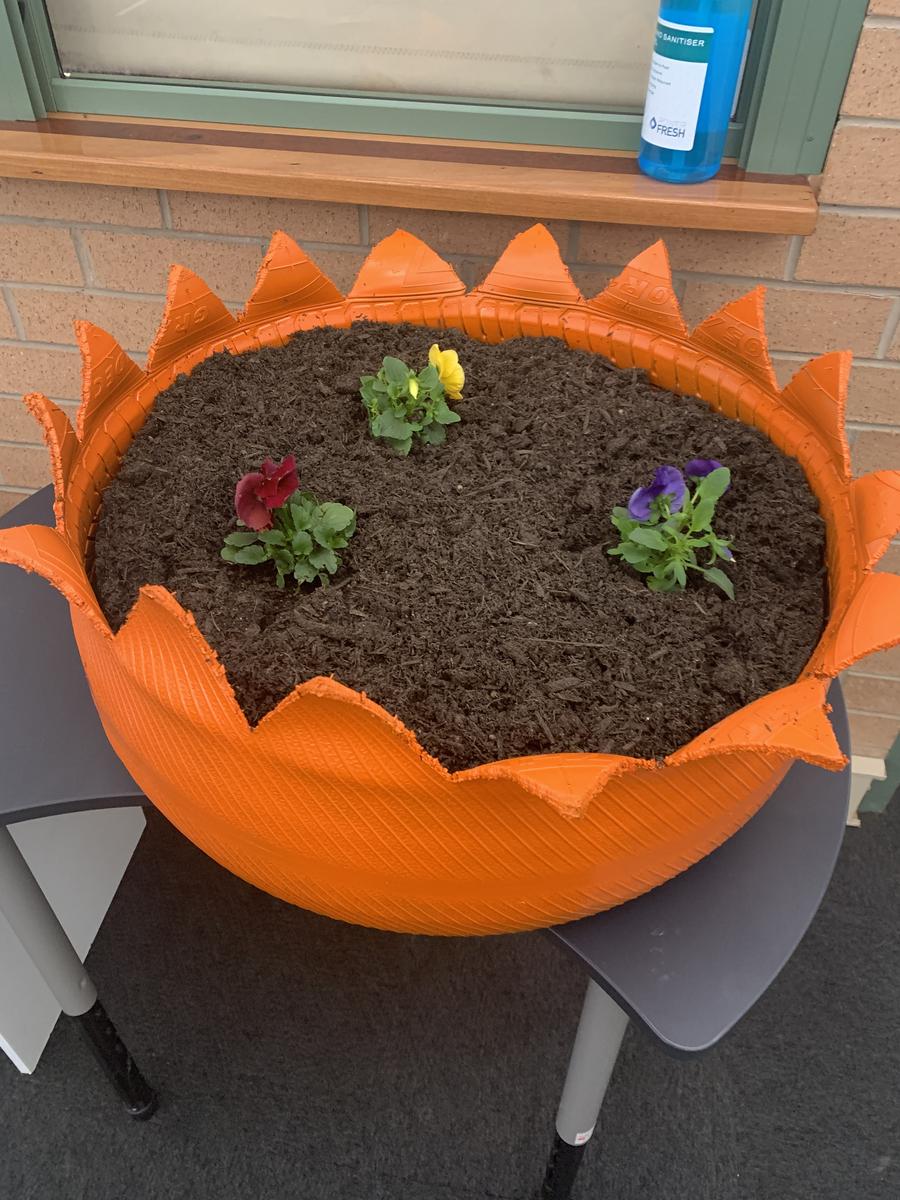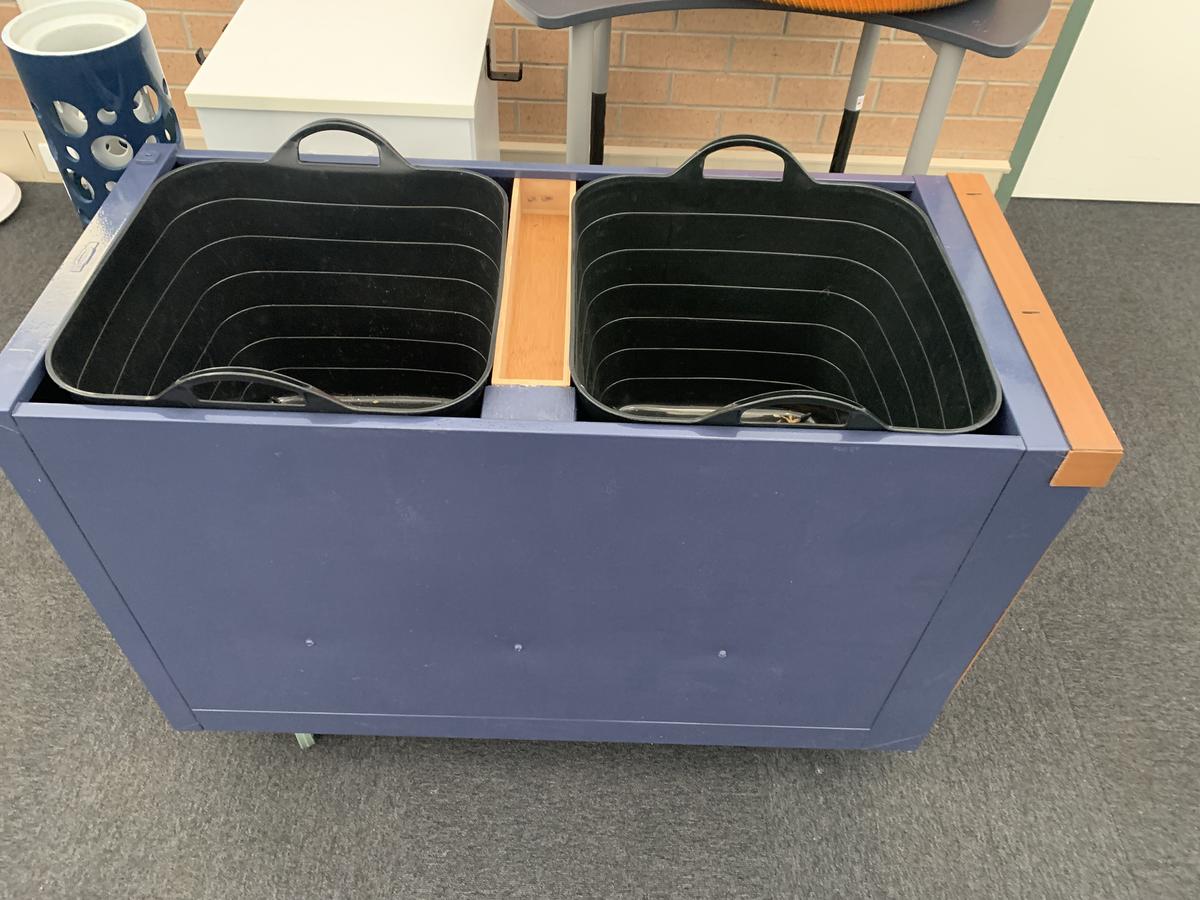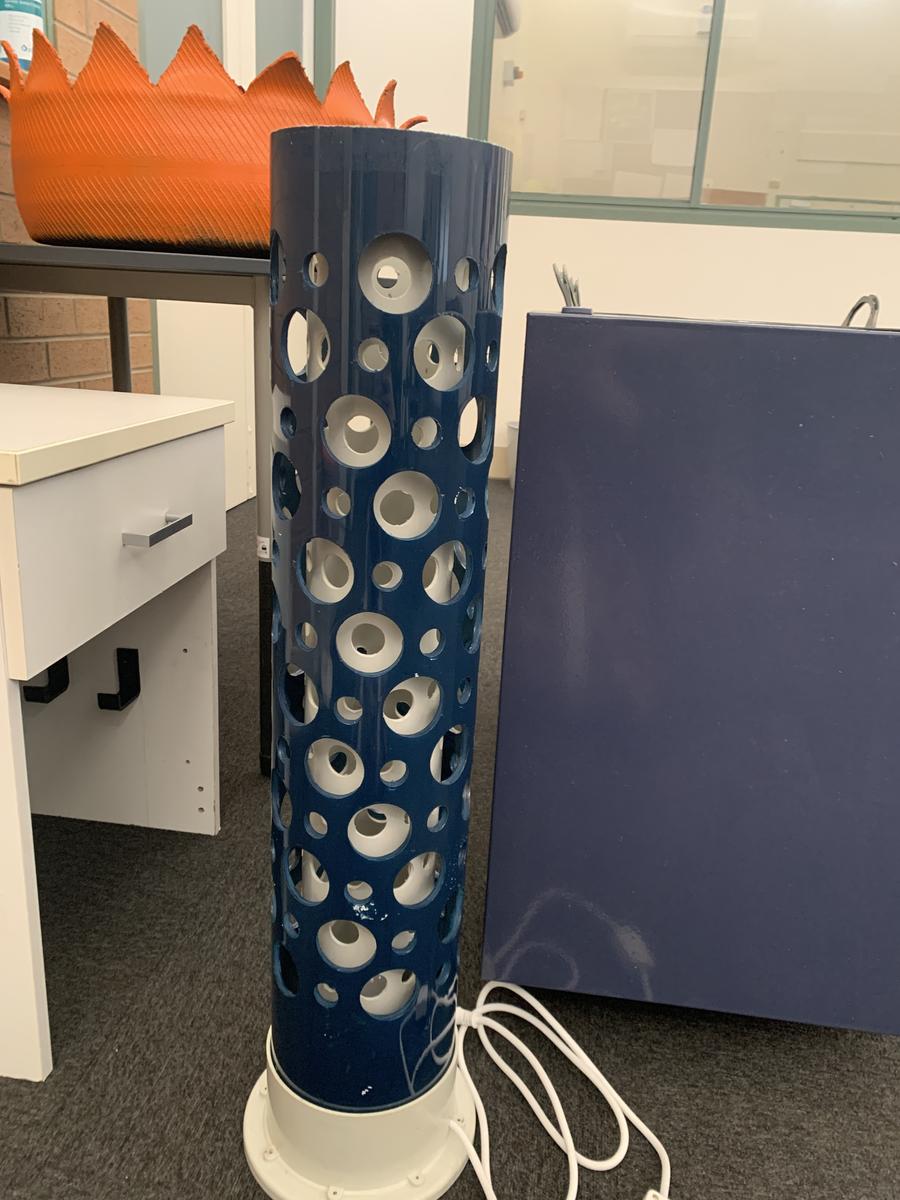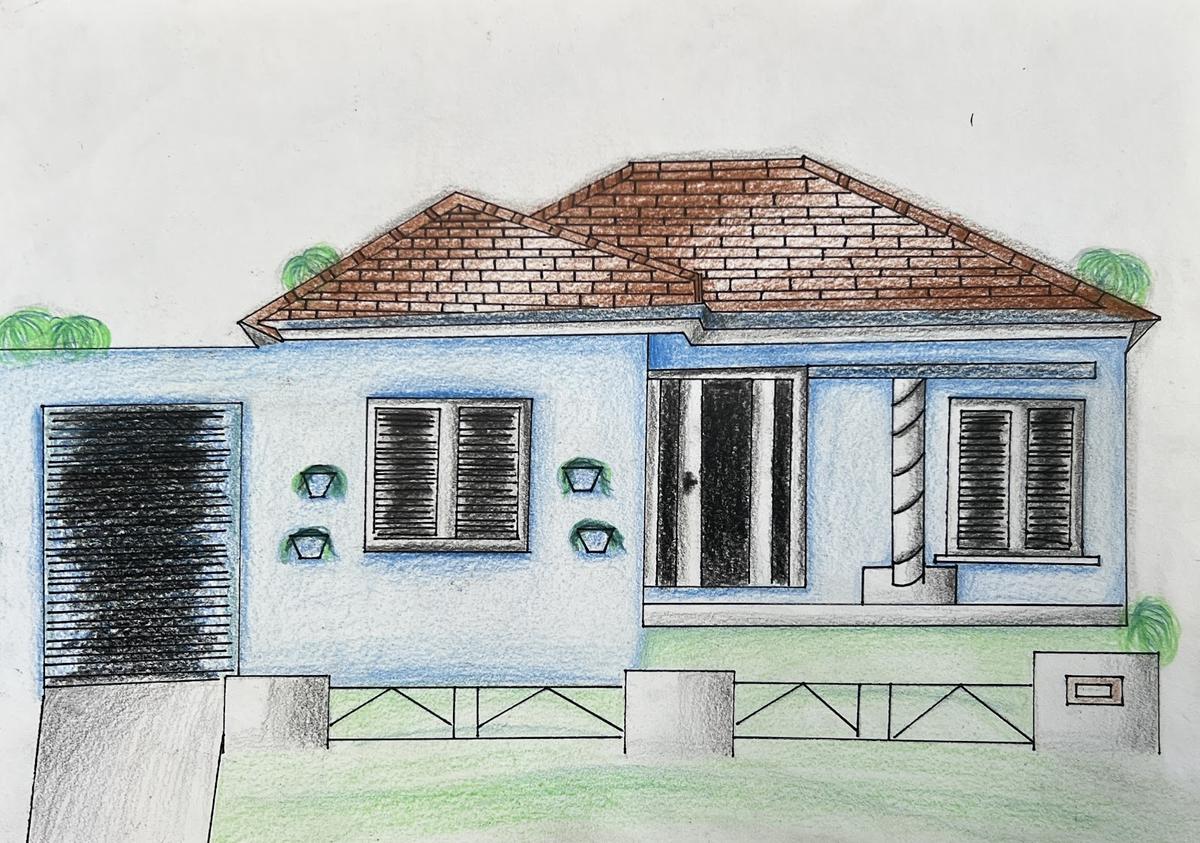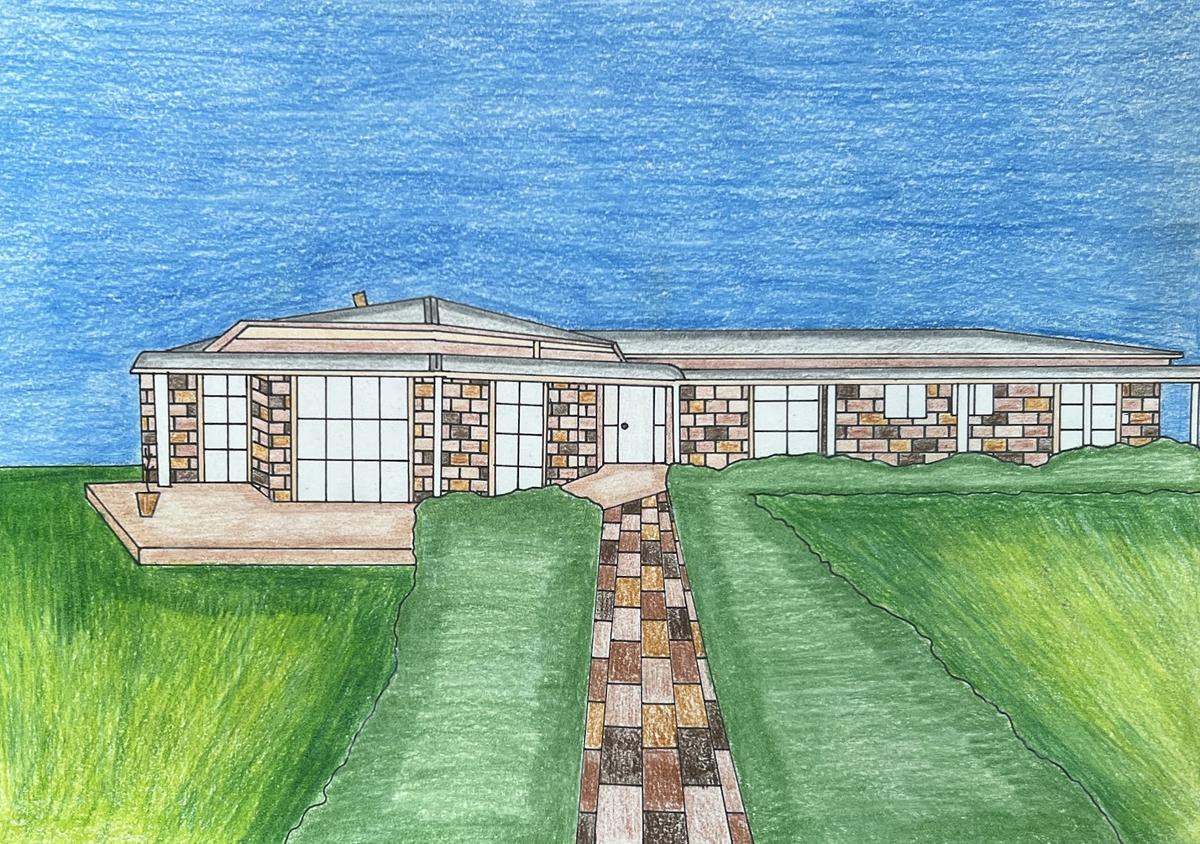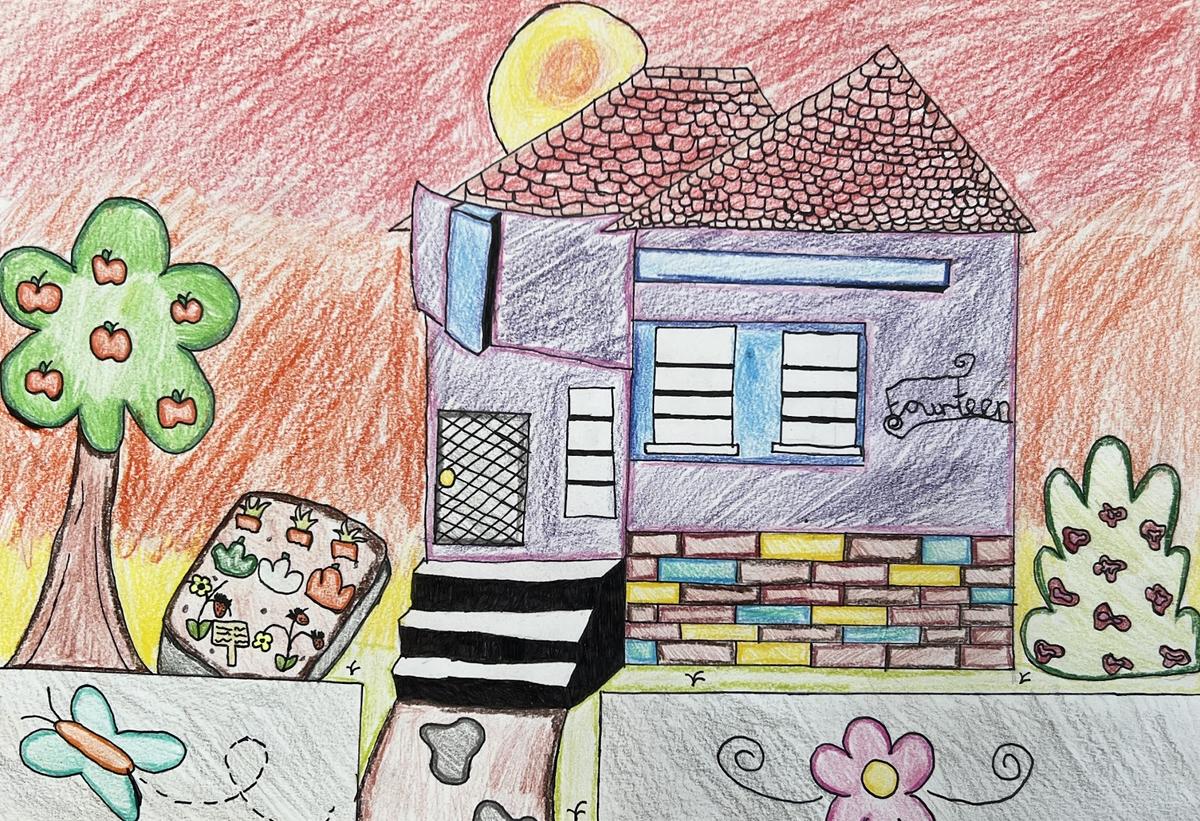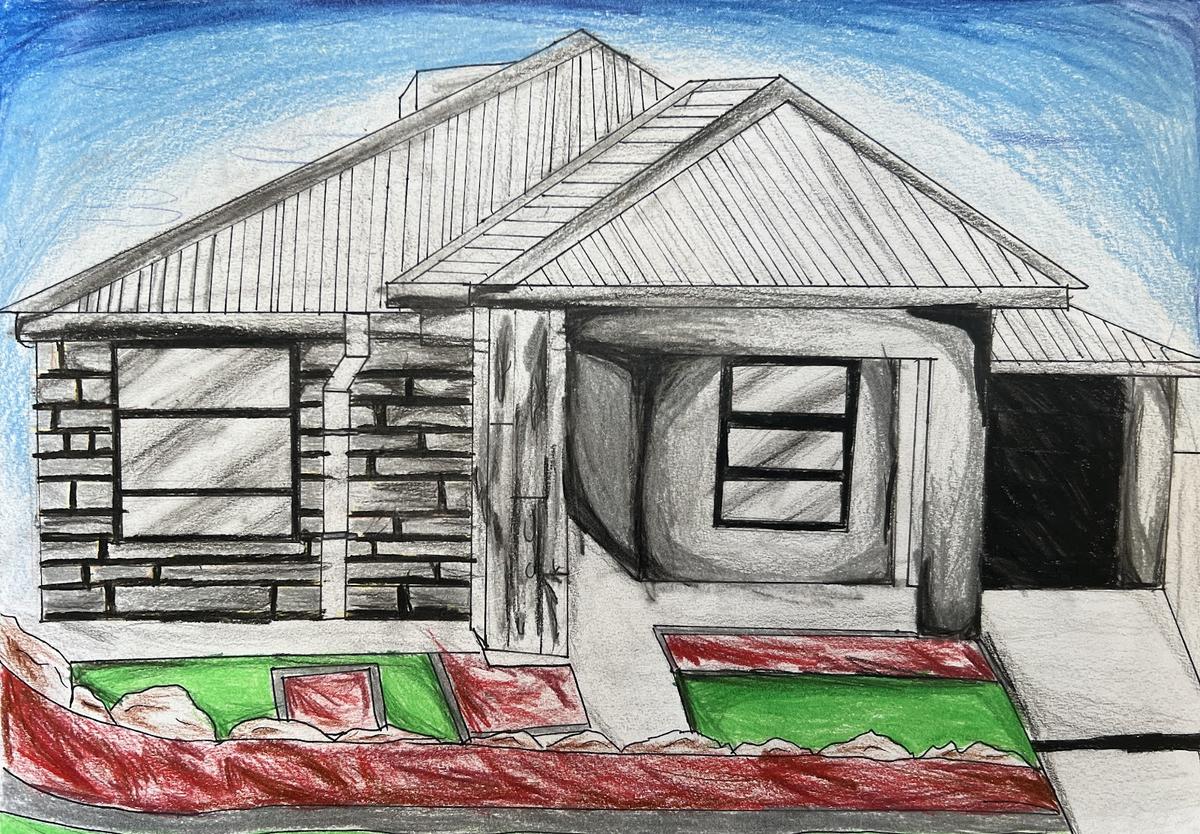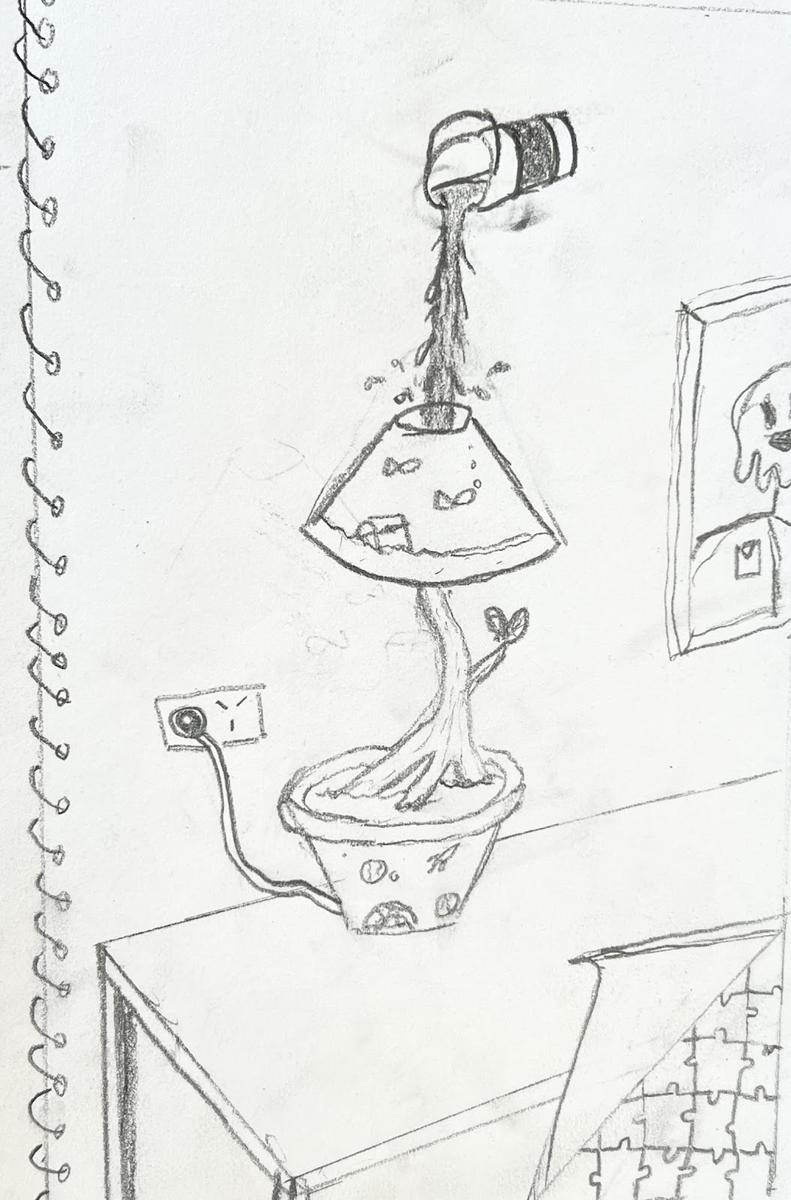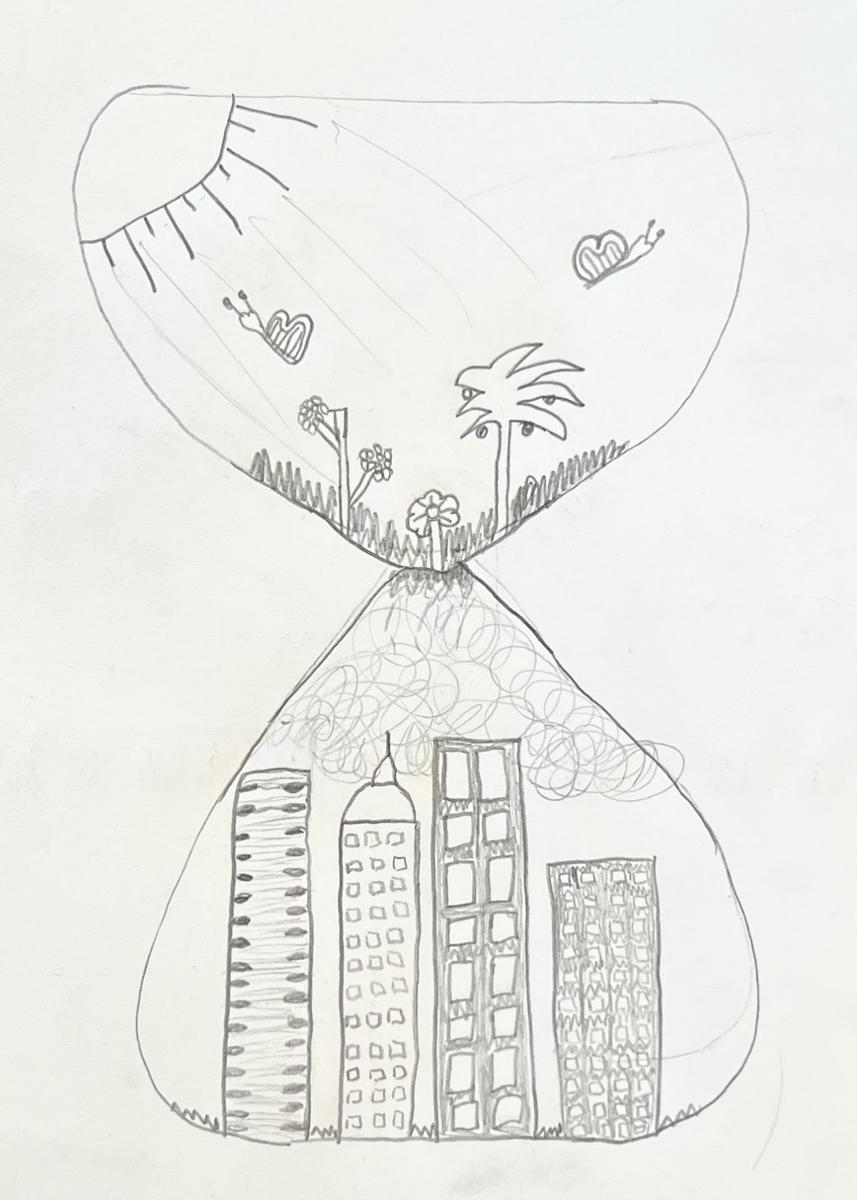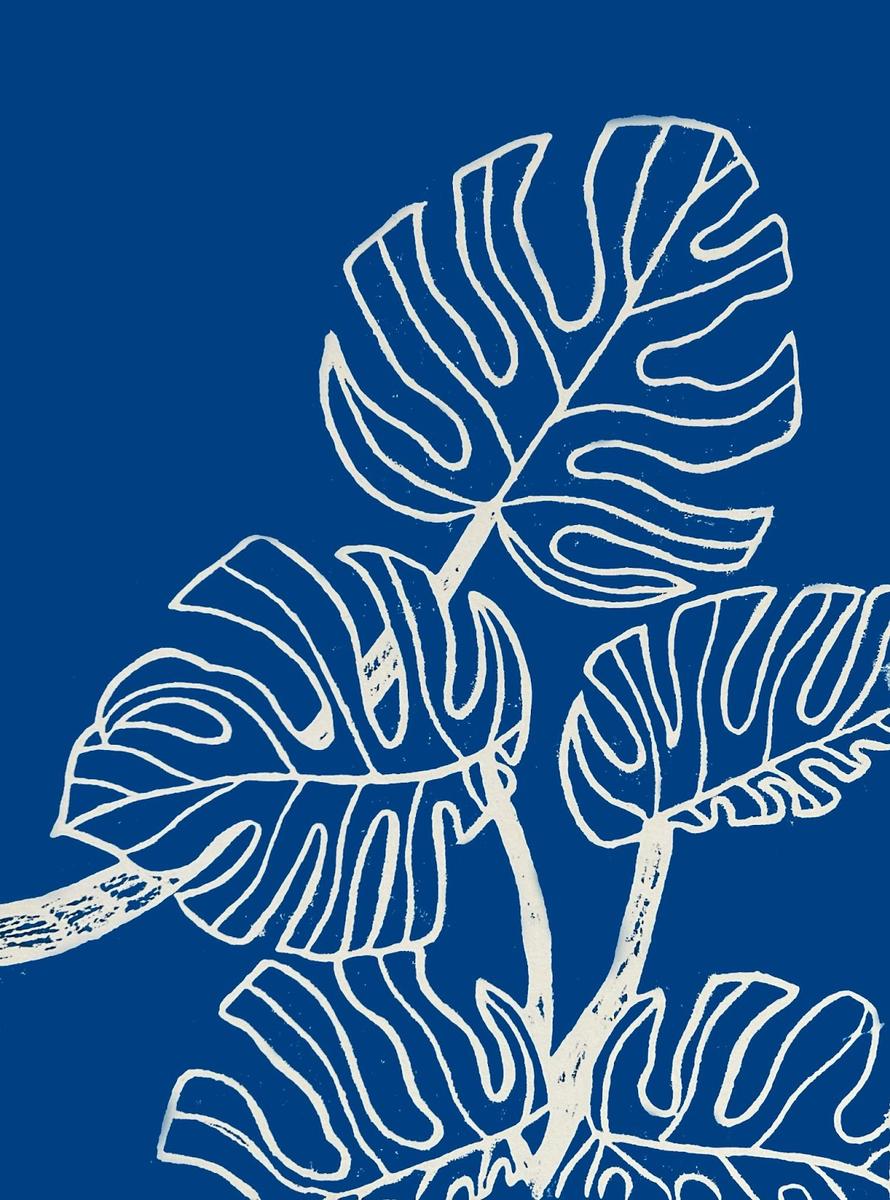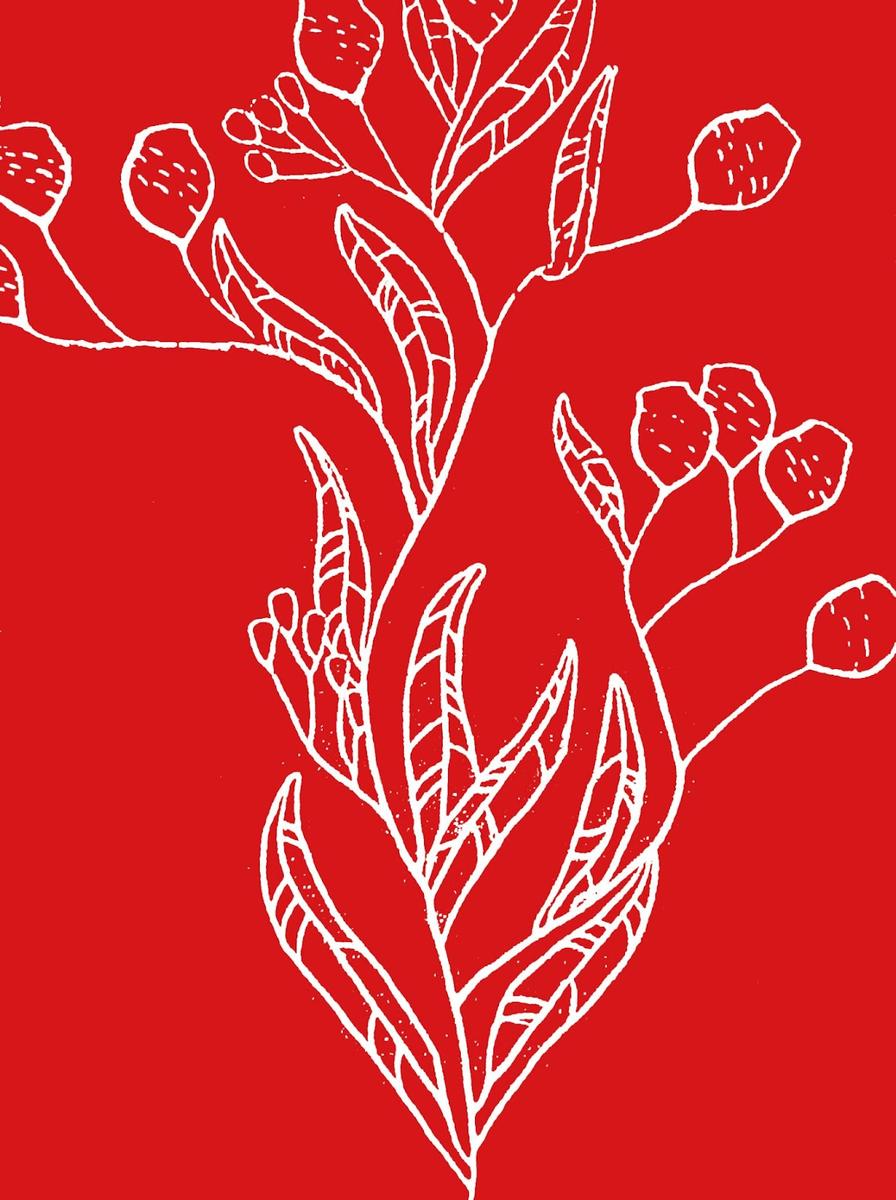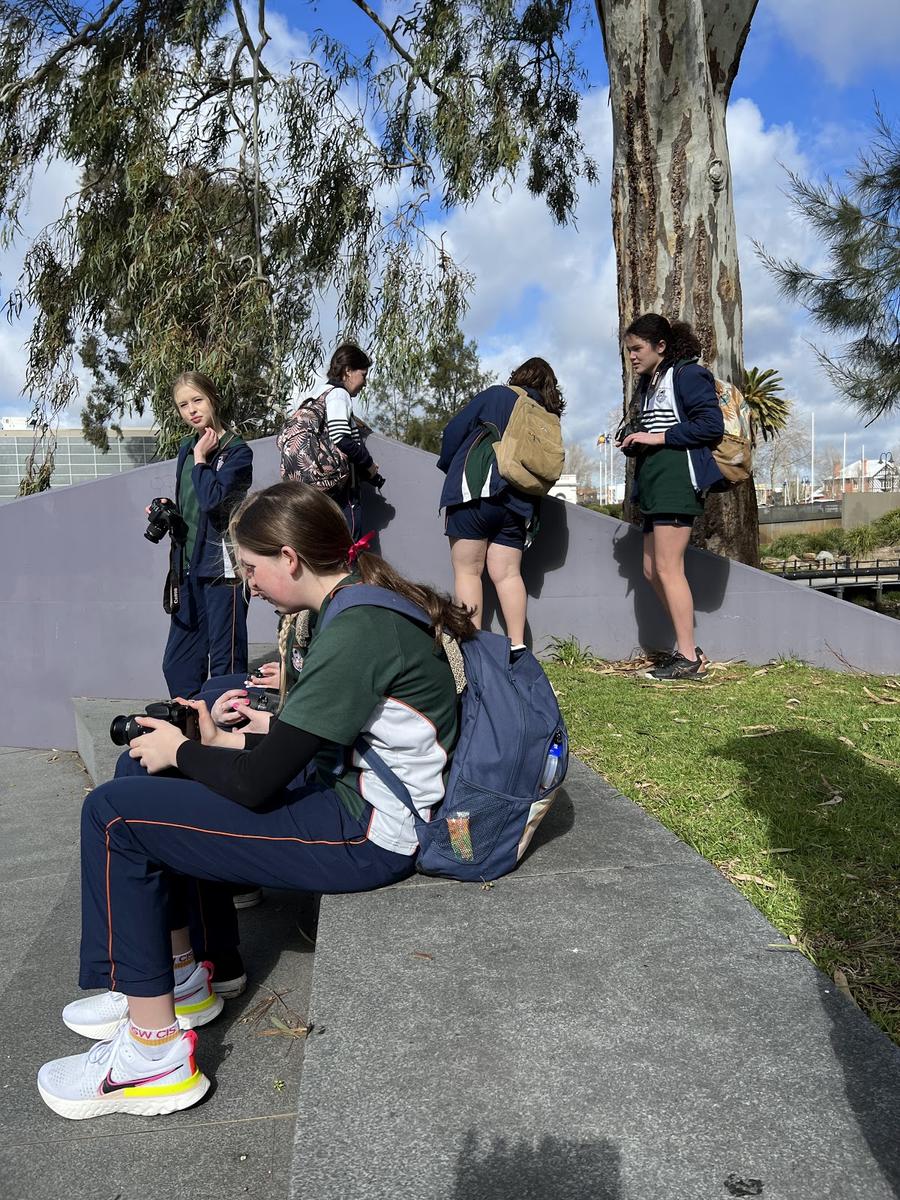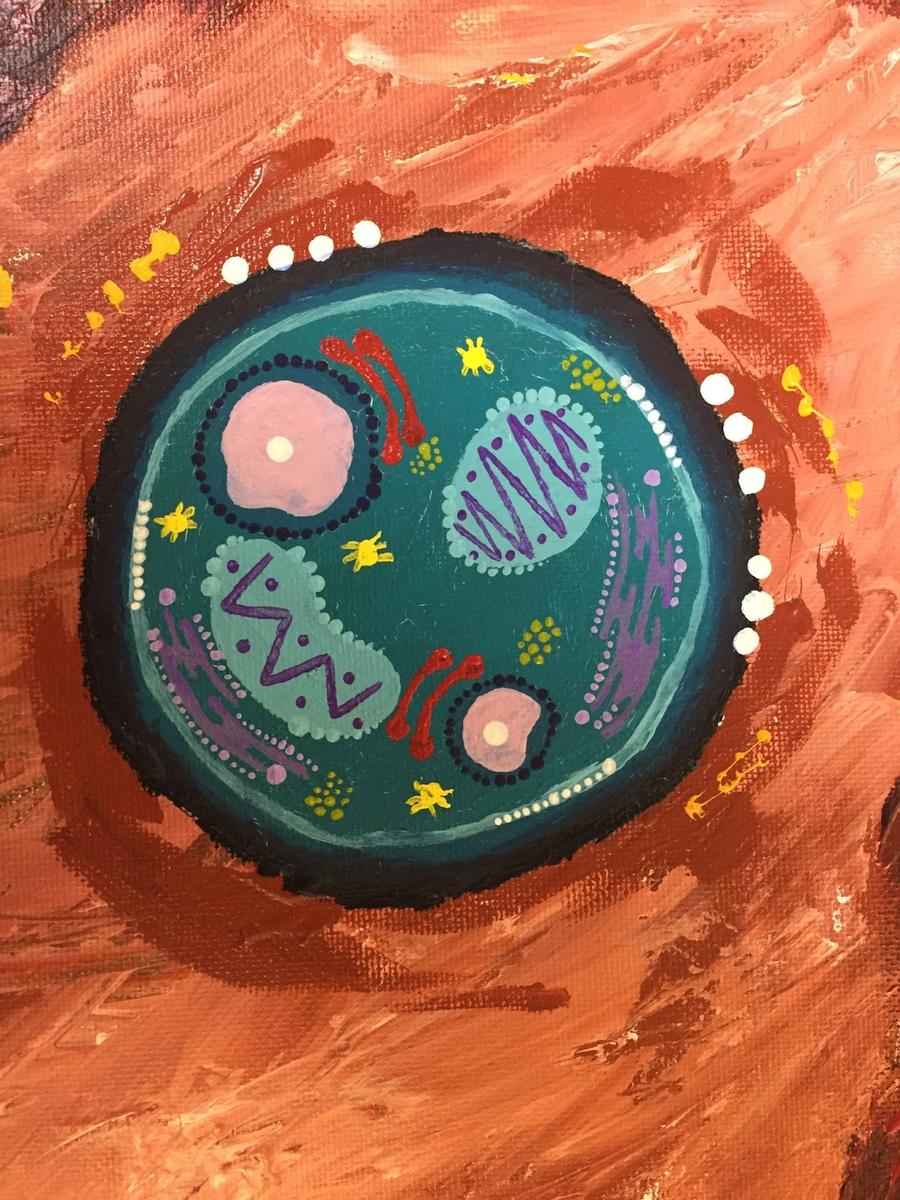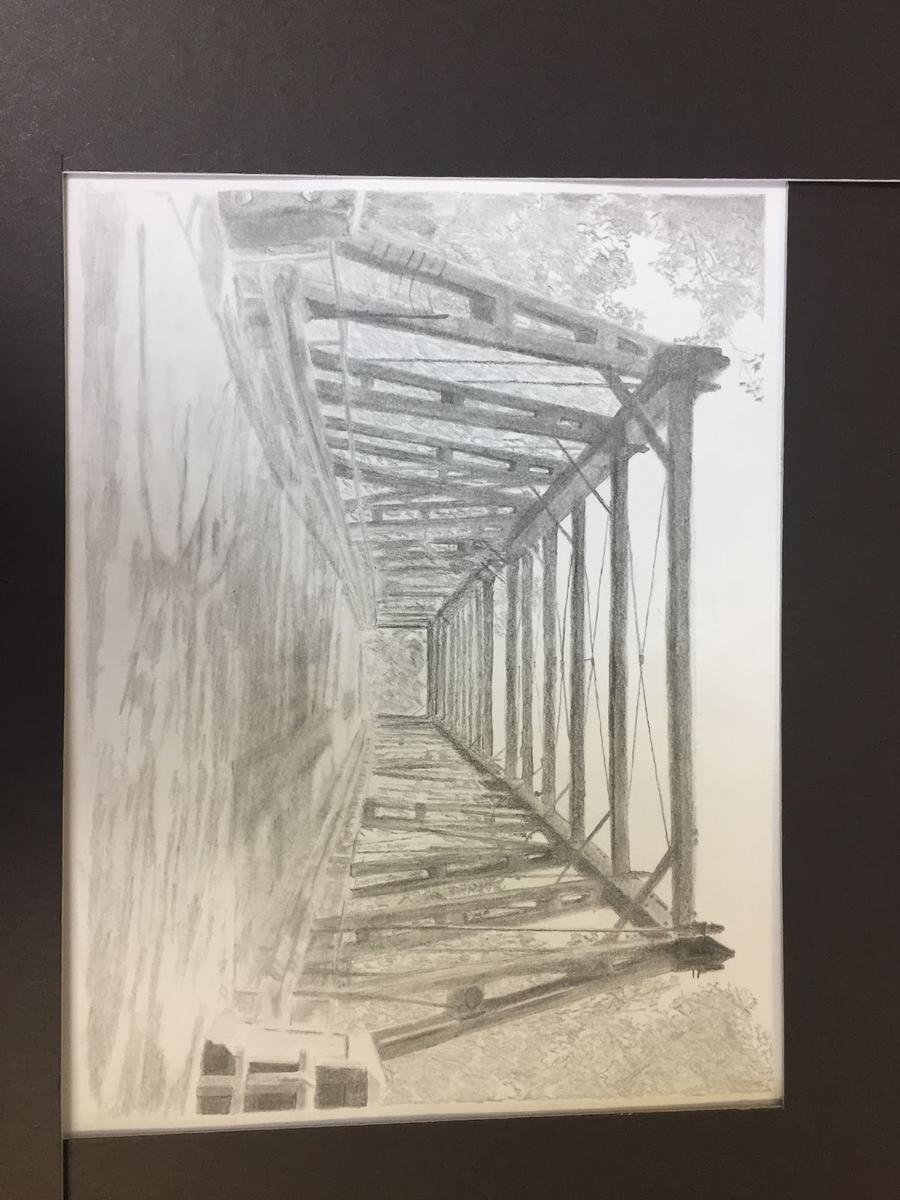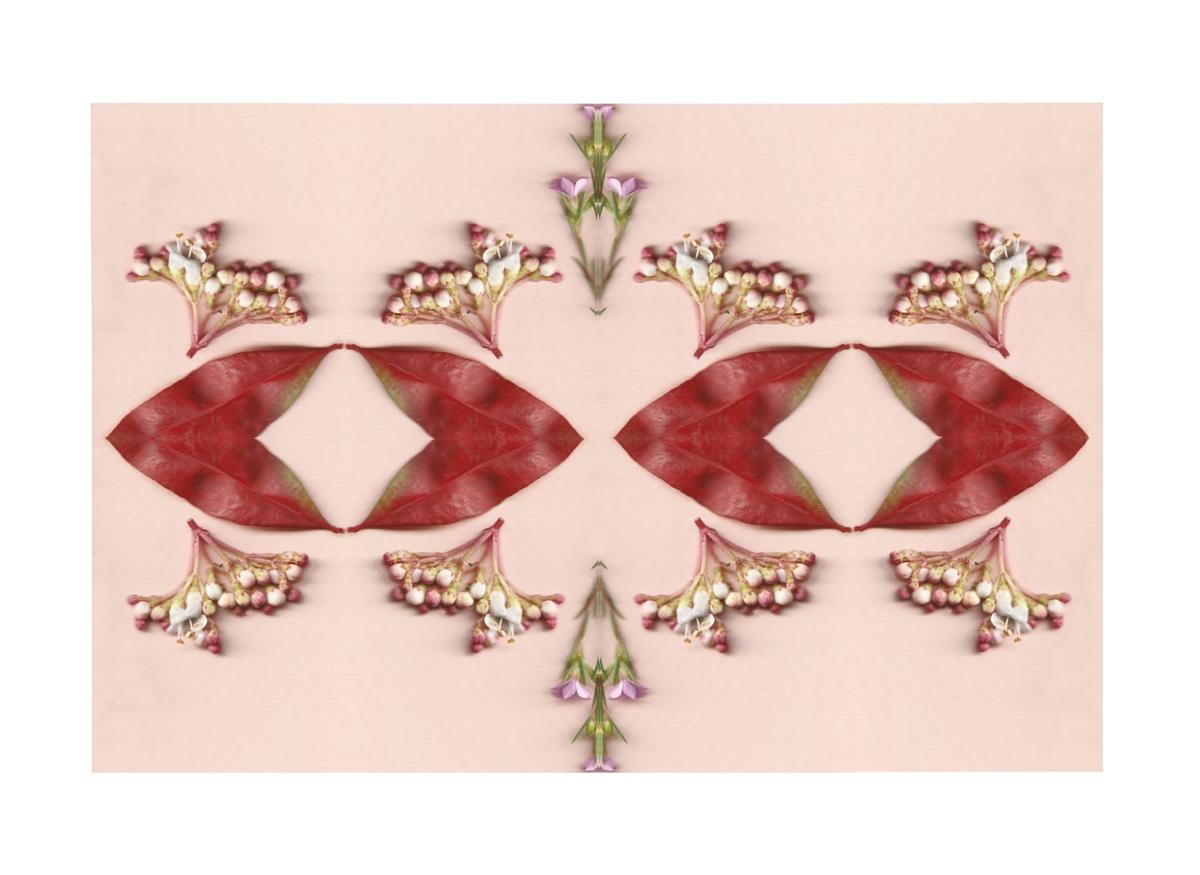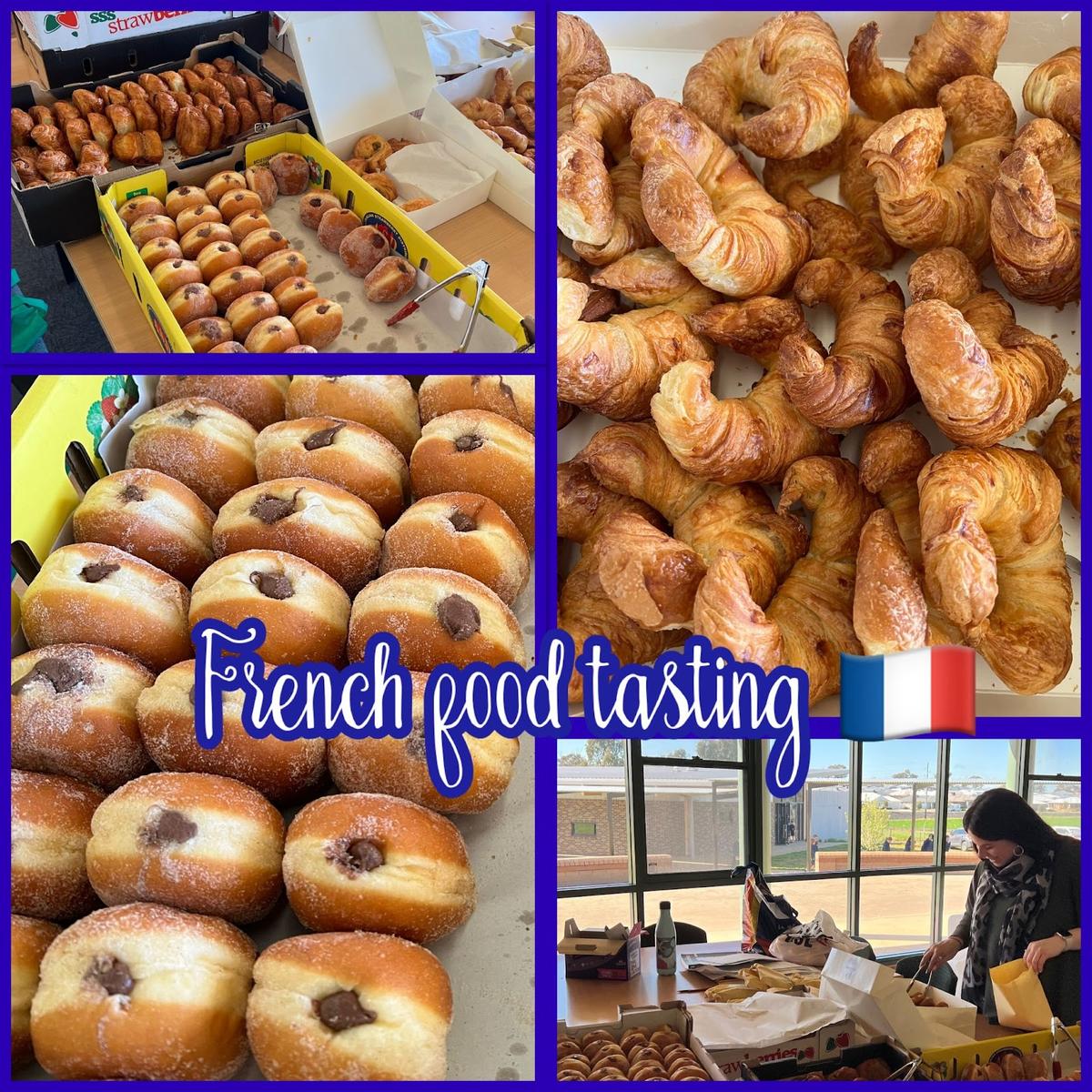Secondary School Department Updates

Christian Studies
You Just Read the Bible?
The diagram above represents the dynamic nature of the very simple activity undergirding every Christian Studies lesson—reading the Bible. As a key advocate of literacy my belief is that reading never ends at the closing of the book, rather that activity has wide ranging implications for personal development. This process is magnified all the more when one is reading God’s word to us. Reading the Bible is both a simple and a specialised task and as students progress throughout their time at the College, reading the Bible engages all of the Approaches to Learning that we endeavour to cultivate in our students. Below is a snapshot of the multifaceted learning outcomes of reading the Bible that students have been covering in Years 7-9.
Year 7 – Mapping God’s Promises
Year 7 have been reading parts of the Bible that focus on the promises God made to his people while they were enslaved in Egypt. Students studied these promises and then considered their relationship to real places and events. Employing their research and thinking skills, students mapped how these promises unfolded as the Israelites left Egypt for the Promised Land. Below is an example of the work produced by our Year 7 students.
Year 8 – Reviewing Chapel
Year 8 have recently completed the annual Chapel Talk Review task where students are required to read the passage preached on in Chapel, listen to the talk and then reflect on its efficacy in communicating the truth and relevance of the passage. This task is premised on the concept of God’s word being living and active, so students consider how well this humble Chaplain spoke words of life at Chapel. Employing social skills in both commending and critiquing my preaching develops maturity in students and helps them navigate the complexities of interpersonal relationships through the refining of their communication skills as they compose an extended review. It’s also my favourite assessment because the feedback from students sharpens my preaching in turn. Below is a particularly insightful excerpt from one student’s review:
‘I found that Mr Tyndall made it clear that Christianity has already changed our world so much that we don't even see it anymore. We need to change the way we think and pray about ‘your kingdom come’, as we invite God's will into the world and to be open to what God wants for our lives.’
Year 9 – Being the Body of Christ
As well as developing their self-management and social skills in organising a visit to a church service for their assessment task, Year 9 have also been researching and thinking about what the Bible has to say about the place and function of church for Christians. One passage in particular from 1 Corinthians 12 employs an extended metaphor about believers being united as different parts of the body under Jesus Christ as our head. Students considered how the members of a church are all like different parts of the body who possess the same Holy Spirit, which acts like spiritual DNA, identifying them together as the body. Unity is then expressed in diversity as each member serves one another in love with their different giftings for the mutual benefit of the body to grow into maturity in Jesus Christ.
Students then put this theory to the test, taking 30 seconds to type their name as many times as they can and then repeating the process for another 30 seconds, but this time they used their nose to type! The point was that specific parts of the body perform specific tasks well and are necessary for the unified functioning of the body, not just for the good of that particular part. We don’t type with our hands just for the benefit of our hands, but for our whole selves. So too, we don’t function well when we neglect certain members and the skills they possess. Otherwise we’re left typing with our nose. You can see how that worked out for Year 9 here.
Not Just Reading the Bible
As you can see while all these tasks emerged from the reading of the Bible their application was many and varied, encompassing the College’s Approaches to Learning and doing what God’s word always does in thoroughly equipping us for every good work (2 Timothy 3:17).
TAS
Term 3 has been busy for our YR 12 TAS students and their teachers. Many major works were busily completed, with many after-school hours spent preparing their design Folios and completing the finishing touches on their project work. Major Projects were submitted in Textiles and Design, Industrial Technology – Timber, and Design and Technology. The standard of work was very pleasing to see this year, and I wish to personally thank the efforts of Mrs. K. Last, Mr. J. Buckley, and Mr. A. Sarantakos.
Not only did we see success with the development of major works, but the efforts of our VET teachers, Mr. Haywood - Construction, Mr. Wall – Metals Engineering and Manufacture, and Mr. Nejman – Construction are to be commended. The continued commitment of the staff to maintain their qualifications and the desire to develop and implement industry-relevant programmes has enabled our students to succeed in these areas.
Yr 11 Industrial Technology - Timber
In Terms 1 & 2 Industrial Technology - Timber students designed and produced a cutting board along with an associated Folio. The Assessment is to help develop students skills and knowledge in timber and understand folio structure and requirements. Students had to include two features in their design, these included; laminating, timber inlay, routering, resin pouring, Marquetry, and Pyrography. Yr11 Students should be proud of their efforts, their projects are shown below:
Maths Matters
Term 3 has not failed to deliver yet another busy term in the Mathematics Department!
Our Year 12 HSC and IB students were preparing and completed their Trial HSC and Trial IB Examinations.
We are extremely proud of all the Year 12 student’s persistence and resilience during the examination period and we wish them well as they enter the next exciting stage of their lives: ‘Life after school’.
Year 11 students have completed their final Year 11 Examinations. Again the students showed respect and commitment towards these examinations. I would like to spend some time taking about ‘What to do when the students get their exams back’.
Getting an exam back can send students in a few different directions. For some students it is a time of sweet success, and for others it is all about how quickly they can scrunch the paper up in a tight ball and throw it in the bin. While so much work goes into preparing for an examination, most students do not realise that it is the process after the exam that is actually just as important.
Identify key weakest areas
The first thing students look for when they get their paper back is the mark. They frantically look for all the things they did right and received marks for- this makes them feel good and validates the study that has been done! Students at this stage can actually start improving their results on the next assessment. Students should be thinking ‘how can I improve and where did I lose marks?’ This is the time for students to rectify their mistakes. I would advise students to take out a highlighter and circle the areas where marks were lost. Focus on the big areas, as you will see where the chunks of marks are being lost and students can focus on improving those areas. This is important as students will see that it may be only a certain part of the content that needs rectifying or more challenging type questions where more than one step is required. Students should then go back to the textbook and redo the content which was identified as a weak area.
Discuss with the teacher
Most students tend to avoid chatting with their teacher about their exam paper for a few reasons: a) They do not know what to ask or b) They are embarrassed. The aim for students is to not make the same mistake twice. The teacher will go through the examination with the class and it is important to know specifically where the marks were lost. Students need to know exactly what the mistakes were and why their answers were incorrect. This is when the student needs to write the correct solutions to see what a better response looks like.
Fix the mistakes
Many students think the work stops as soon as they have identified their weakest areas and have spoken to the teacher. Students now need to fix the mistakes and redo the sections where marks were lost. Teachers will have solutions for the students.
Year 9 and 10 students all sat their third assessment task which was in class exam. The Mathematics Team have been going through the above steps with the students. This will help prepare students further for their final assessments next tem.
Year 7 and 8 students submitted very creative and interesting Assignments.
Year 8 were asked to find their pulse and resting heart beast and investigate different situations or exercises which would affect their heart rates. Students showed great creativity with their situations ranging from intense exercise to listening to different types of music.
Year 7 were asked to investigate the various colours used in a packet of lollies. Students asked to use a table to tally the frequency of each colour and draw 2 graphs illustrating this information. The students were then asked to analyse the variety of colours using the terminology and language learned in class. I am pretty sure the students enjoyed eating their data once the task was finalised!
Until next time…
Why can you never trust a maths teacher holding graph paper?
They must be plotting something!
Mrs Amall Liakatos
Outdoor Education
This term students in Outdoor Education have been working on their leadership skills in the OED Kitchen and their community service activities. Year Nine have been learning how to make coffees and hot chocolates for their teachers and peers and have even whipped up a few delicious treats to sell in the kitchen! Students completed their Bronze Qualifying Journey earlier this term, enjoying a three day hike through Muramarang National Park. The students did a fantastic job of carrying their packs, cooking their meals and navigating through the difficult terrain. We witnessed wonderful examples of teamwork, perseverance, physical effort and problem solving. Congratulations to all the students who have now finished the physical component of their Bronze Award!
Year Ten have been busy donating their up-cyled projects to community groups and creating the ultimate fitness test in preparation for their qualifying bike ride next term. A special commendation goes to Hamish Graham, Damian Kalmeier, Abby Henman, Larna Spuur, and Jude Fuller who have been working hard each week to demonstrate perseverance and determination to improve on their personal bests. The students are currently preparing for their Silver Qualifying Journey which will take place early next term.
2022 Australian Geography Competition
During Term Two, Geography students from The Riverina Anglican College tested their geographical skills and knowledge against students from around Australia in the 2022 Australian Geography Competition. Over 70 000 students from 600 schools across Australia entered the competition this year. The College had 41 students participate across Years 7 – 11. We had a number of student geographers at our school who performed to a very high level in the competition this year with 8 gaining high distinctions, 4 distinctions and 6 credits. A special congratulations to Year 11 student Evan Steeles who achieved an excellent result in the ‘Top 1%’ in his year level.
Well done to the following students;
| High Distinction Awards | Distinction Awards | Credit Awards |
|---|---|---|
| Max Harris | Milly Jaeger | Ariarne Mota |
| Kate Miller | Mohamed Al-Saggaf | Aurelia Paton |
| Zoe Muller | Leila Campbell | Cleo Campbell |
| Quinntesaa Sankar | Karin Rezkalla | Ella Menzies |
| Mustafa Hussain | Hugh Jenkins | |
| Lucy Russell | Jessica Lee | |
| Thane Whitwell | ||
| Joshua Wilson |
Evan Steeles Top 1% of Year 11 students.
Visual Art
It has been an action-packed term in the Visual Art department. We have welcomed Mrs Sophie Walters to our faculty, and she has brought with her many new and creative ideas and approaches to learning. Term 3 is always the busiest term in the calendar, with our Year 12 students completing their practical Bodies of Work as well as the theory components of their courses. We have also been thrilled with the tremendous response to our TRAC Art and Photo Competitions with so many entries, all of a very high standard.
Year 7 Visual Arts
Year 7 students have been looking at a unit called ‘Home Sweet Home’ where they have been looking at Australian identity through the lens of the suburban home. We have looked at the work of a diverse range of Australian artists from Reg Mombassa to Robyn
Sweaney as a source of inspiration. For their practical piece, students have been drawing their own interpretation of the ‘Australian suburban home’.
Year 8 Visual Arts
Students have been diving into the weird and wonderful world of Surrealist art and have been looking at the works of many artists such as Salvador Dali and Rene Magritte. They have drawn their own Surrealist compositions and are in the process of developing a painting based on these.
Year 9 Visual Arts
Year 9 students have been exploring nature as a theme in Visual Arts. They have investigated a range of mediums and techniques, from drawing to print making. They have been focussing on creative processes involved in art making.
Year 9 Photo & Digital Media
Students have been developing their understanding of Aperture, Composition and skills in Adobe Photoshop. With the newly purchased cameras, students went on an excursion exploring the details of both Fitzmaurice Street and the Wagga Beach precinct.
Year 10 Visual Arts
Students have been exploring Sustainable art, investigating works by Lorraine Connelly-Northley, Sayaka Ganz and Nick Gentry. They are now working towards producing a three-dimensional sculpture inspired by these and other artists using upcycled and sustainable materials.
Year 11 Visual Arts
Term 3 marks the end of the Preliminary HSC course of study. Students have spent this term creating their first Comparative Study, developing a Body of Work in readiness for the start of the HSC and preparing for their first full Stage 6 Visual Arts examination.
The Comparative Study is a collaborative learning opportunity where students research, document, discuss and share insights in the creation of an in-depth study of two artists from different cultural backgrounds. The Comparative Study is structured and scaffolded to cover the three content areas of study. Given the depth of understanding it is recommended students use the Comparative Study as the basis for their extended response in the end of course examination.
The Murrumbidgee River was the focus of a practical Body of Work that explored the diverse cultural, social, ecological and historical significance of our local River. Students choose their own mediums to explore, but they must include a film based aspect with their work. Documentation plays a key role with all students required to submit their Visual Arts Process Diaries. With a written artist's statement, this task is exhausting, rewarding and essential for success in the coming year.
Below is a snapshot of the diverse mediums, interpretations, experimentations and creations.
Year 12 HSC and IBDP
Visual Arts
Year 12 HSC and IB students have had a busy term completing their Bodies of Work, preparing for trial examinations and completing Comparative Studies and Process Portfolios. We are excited to display these work for the Year 12 Graduation Day in the MAD Space, so they can share their fabulous work with the school community.
Here is a sneak peek …
TRAC Art and Photography Competitions 2022
‘Town and Country’
We have been overwhelmed by the number and standard of entries this year. The theme of ‘Town and Country’ has been captured by every student who has participated from year 7 to 12. Well done to all the students who participated and congratulations to the winners!
Excellence in Art Awards
Josie Gordon Smith - Year 7/ 8 Category
Molly Pattison - Year 9/10 Category
Tyler Forrell - Year 11/12 Category
Excellence in Photography Awards
Ben Tilyard - Year 7 /8 Catergory
Anneliese Klimpsch - Year 9/10 Category
Chelsea Hosie - Year 11/12 Category
French Food Tasting 2023
This term Year 8 students have been studying French food and are now able to order food in a café or in a restaurant in French. The students have been enjoying talking about food and comparing French and Australian food. So the French Department decided to organise a French food event at school, specifically for Year 8 and French Elective students.
On Tuesday 13th September, we were lucky to get French food delivered by the French baker from the French Artisan Bakery. The Year 8 students ordered some French food items using their French language skills. They were able to order croissants, chocolate croissants and donuts. This was a chance for the students to practise their French. They can be very proud of themselves because they all did very well. Thank you everyone, students and teachers for making it happen.
Madame Vignas
